Composting
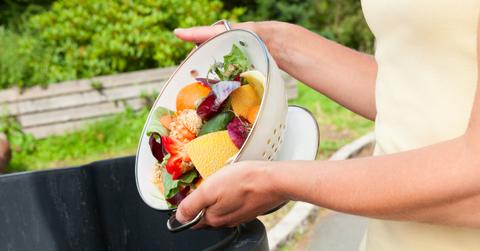
What Is Compost?
Compost is decayed organic matter — or, in simpler terms, it’s when anything that comes from nature decomposes. Compost can be used as a fertilizer to help grow other plants, or you could just let compost turn back to soil.
What Items Are Compostable?
The rule of thumb is that anything that comes from nature is compostable. No matter what kind of compost method you are following (more on those below), you should generally be safe to compost: any fruit or vegetable scraps, peels, pits, or rinds; any primarily plant-based food leftovers that have gone bad, like grains, bread, nuts, and cookies; coffee grounds and tea leaves; eggshells; garden clippings such as twigs, leaves, or grass; things from your body such as hair and nails (seriously); and 100 percent paper-based products including paper, cardboard, napkins, paper towels, toilet paper, paper plates, and paper bags. Those items are all “backyard” compostable, meaning they can easily break down in a backyard composting environment.
There are also some items that require a little more than the basic elements to break down, meaning they need to be commercially or industrially composted. Those are usually specialty items made from bioplastic, such as single-use bioplastic cups and cutlery. Some foods are also better composted commercially, such as leftover dairy, meat, fish, or bones. In a backyard environment, those animal products can emit a nasty smell and attract maggots, rats, raccoons, or any other local critters.
How Does Composting Work?
When organic materials are added to soil and exposed to the right combination of elements (moisture, oxygen, and bacteria, according to the University of Illinois) and temperatures, they will break down and become nutrient-rich soil again. As the University of Illinois explains, green materials (food scraps, grass, etc.) provide nitrogen, while brown materials (twigs, paper, etc.) provide carbon, meaning if you are doing your own composting in your yard, a 1:1 ratio of the two materials is ideal.
How to Start Composting?
If you want to start composting your food scraps, first, you need to decide what method of composting will work best for your lifestyle. Some of the most popular methods include: backyard composting, worm composting (aka vermicomposting), Bokashi composting, and citywide composting.
Backyard Composting
If you have a backyard, your easiest option may be backyard composting. First, you’ll want to decide what kind of bin you’ll be using for your compost pile. The internet is filled with large bins and tumblers that you can buy specifically for backyard composting; however, in the spirit of reducing your environmental impact, you can also DIY your own bin out of a large plastic storage container, out of planks of wood, or out of some thin wire fencing.
With backyard composting, you’ll want to try to achieve the 1:1 ratio of greens and browns (some people advocate for a 2:1 ratio instead) as you add things to your compost pile. In order to properly break down, compost needs to be exposed to oxygen and moisture. So, remember to regularly turn the compost, which will expose every part of it to the air and keep it from smelling; also, don't forget to water your compost when it gets dry to help it stay moist, Eco-Cycle advises.
Worm Composting or Vermicomposting
Since not everyone has a yard, a great option for those living in close quarters is worm composting, more formally known as vermicomposting. To start vermicomposting at home, you’ll need to adopt a menagerie of worms, specifically red wigglers. Add them to a worm composting bin (which you can buy or DIY) and feed them your kitchen scraps, which they’ll eat and then poop out as “worm castings,” which can then be used as a fertilizer or soil conditioner, according to Planet Natural.
Bokashi Composting
While backyard composting is an aerobic process (meaning it requires air), Bokashi composting is anaerobic (meaning it does not require air). As explained by Bokashi Living, Bokashi composting works by sealing food scraps in a Bokashi bin, sprinkling it with a special Bokashi bran powder, and then once full, sealing the bin for about two weeks. In that time period, the food scraps will ferment and break down into “pre-compost,”. Once the waste is fermented, you can get empty it into a garden, plant pots, an outdoor compost pile or bin, or by burying it outside.
Composting in a City
Municipal composting is great because you don’t have to worry about managing your compost’s breakdown process — you’ll just need to collect it. Some cities offer curbside compost service, which picks compost up from houses and apartment buildings, similar to how your trash and recycling are picked up. Other cities offer compost drop off programs, which means residents can store food scraps at home, and then dump them in brown bins. For example, in New York City, brown bins can be found in public parks, at farmers markets, and outside of various apartment buildings.
Some municipalities may require you to purchase compostable bioplastic bags for taking out your compost. If yours does not, you can either dump compost straight from your container into your building’s compost bin, or you can take your compost to your neighborhood bin in a brown paper bag, which is compostable since it’s made from trees.
That said, if you’re participating in a municipal compost program, you may be wondering how to store rotting food scraps in your home without attracting unwanted creatures.
Where to Store Food Scraps
There are a few ways to store food scraps without the stink. One of the easiest (and free!) ways is by storing the scraps in your freezer. In there, your food scraps will freeze and be prevented from decomposing or stinking. In your freezer, you can set up a metal bowl, an upcycled plastic container (for instance, a large Tupperware, or a large container that came with salad greens), or a compostable bag, and simply add your food scraps as needed.
You can also purchase a countertop compost bin, which should ideally seal airtight and lock odors inside. Some countertop compost bins come with activated charcoal filters, which are designed to absorb odors, even when you open the lid to add more to the container. If you don’t want to buy anything new, you can use a Tupperware or jar that seals airtight to store food scraps on your counter.
Or, you can really commit to the whole zero-waste thing and convert your garbage can into a compost bin, and keep your trash in a teeny-tiny trash can, or even a jar.
Does Composting Produce Methane?
Some people are resistant to start composting because they’ve read that it produces methane, a potent greenhouse gas. But let’s get one thing straight — food scraps produce way less methane in a compost bin than they do in a landfill. As explained by Grist, decomposing matter only produces methane in anaerobic conditions. So in terms of a backyard compost pile, as long as the pile gets adequate exposure to oxygen, it will not produce methane. Not to mention, composting is generally a carbon neutral process, meaning it absorbs all the CO2 it emits.
And even though Bokashi composting is anaerobic, the environment is too acidic for microorganisms to produce methane, according to The Compost Gardener.
All that being said, U.S. landfills produce 17 percent of the country’s methane emissions, according to Grist. And while a lot of that comes from plastic garbage, food and other natural items also emit methane in landfills, as the anaerobic environment does not allow them to decompose.
Why Is Composting Important and Good for the Environment?
As mentioned above, composting food scraps emits trivial amounts of greenhouse gases, while sending food to landfills emits significant amounts of greenhouse gases; that means that for every item you compost, you are conserving some landfill space. Plus, composting adds nutrients to the soil, which will keep the soil in good shape and help plants grow.
What Is a Composting Toilet?
When you’re doing your business on a composting toilet, also known as a dry toilet, it won’t feel all that different from a regular toilet with conventional plumbing. But after you do your business is when things get a little different. Instead of being flushed with water, excrement is naturally composted into soil. Sometimes, composting toilets are located directly over the soil, and excrement directly lands on the soil.
But in fancier composting toilets, such as the Nature’s Head, there are separate chambers for liquids and solids, which help prevent odors from building up. The waste will decompose in the chambers, and can then be emptied into an outdoor compost pile, or buried in the ground.
Is Composting Worth It?
If you are concerned with living a more sustainable lifestyle, composting is definitely worth it. It will greatly reduce the amount of trash you send to landfills, lowering your environmental impact and the frequency that you have to take out the trash.
In most cases, composting does not cost any money (unless you choose to buy an official composting bin or compostable bags). Not to mention, if you have a home garden, composting can also help you save money, since you can use your own homemade compost as fertilizer instead of buying one at the store.
Latest Composting News and Updates
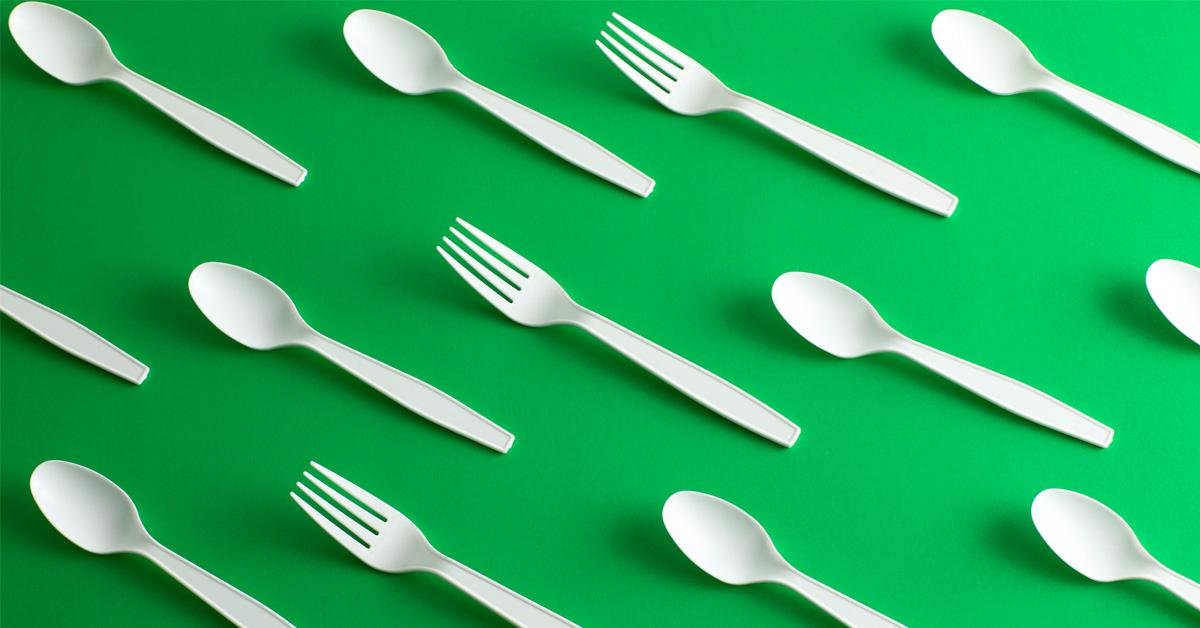
5 Disposable Silverware Sets That Are Fully Biodegradable and Plastic-Free
Reusable utensils are best, but sometimes disposable silverware is a necessary evil. These eco-friendly options have minimal environmental impact.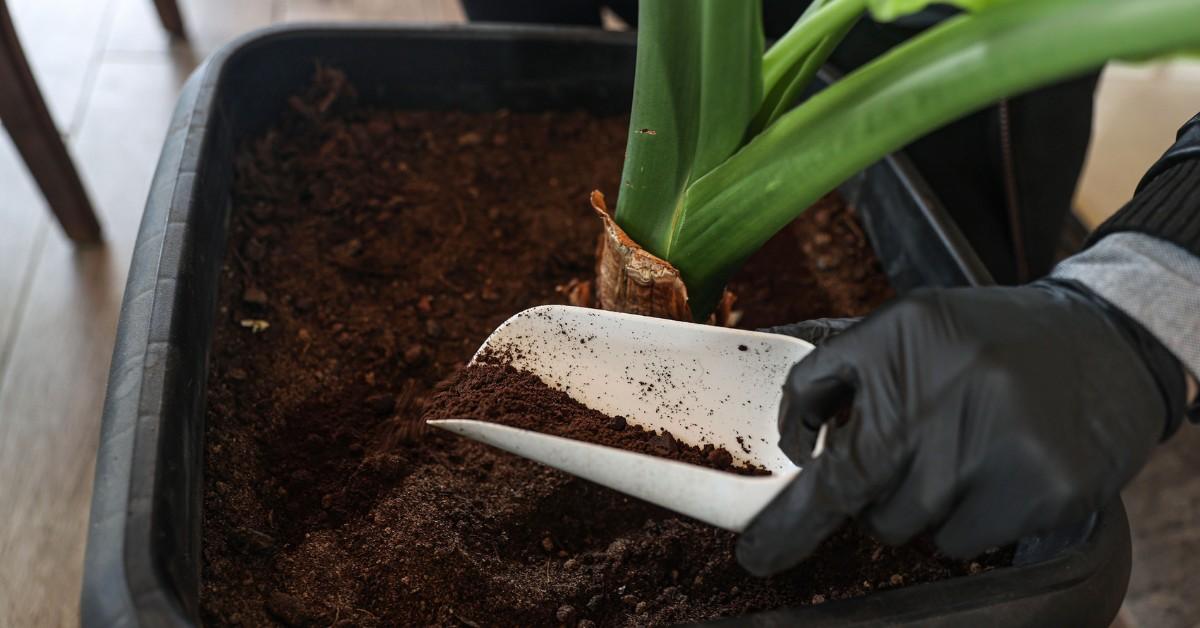
You Should Never Give Coffee Grounds to Certain Plants — Here's Why
Coffee grounds are great for plants that love more acidic soil but should be avoided for those that prefer alkaline, like roses and squash.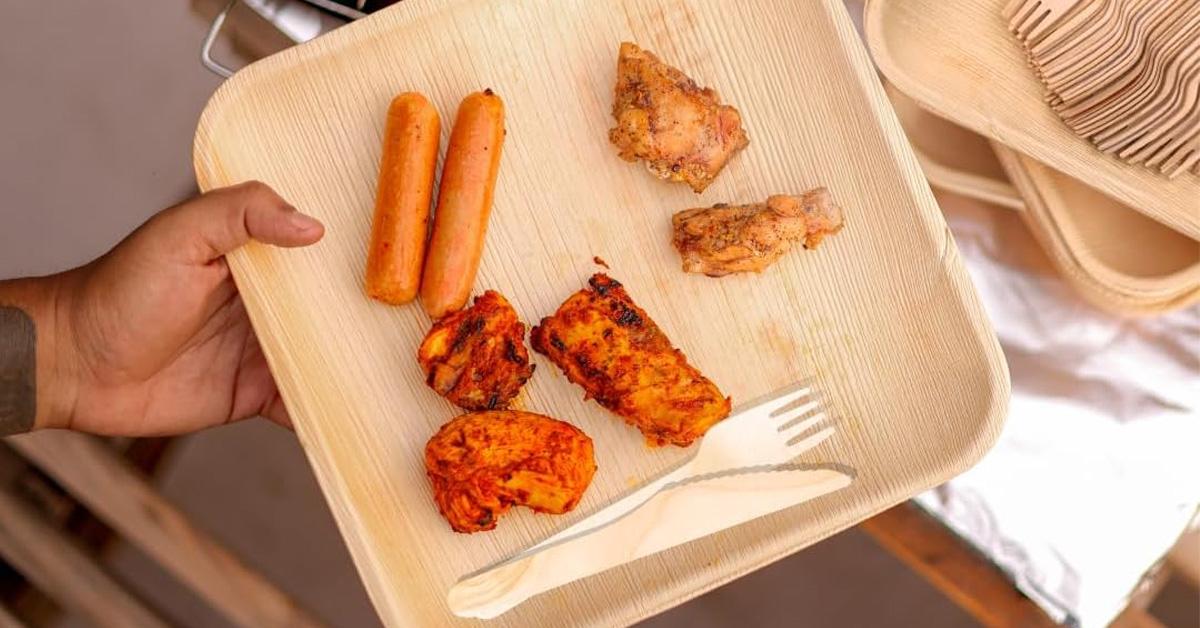
7 Eco-Friendly Disposable Plates Made of Clever Materials Like Cornstarch and Sugarcane
These plant-based disposable plates give you the convenience of single-use dinnerware without the environmental impact and landfill waste..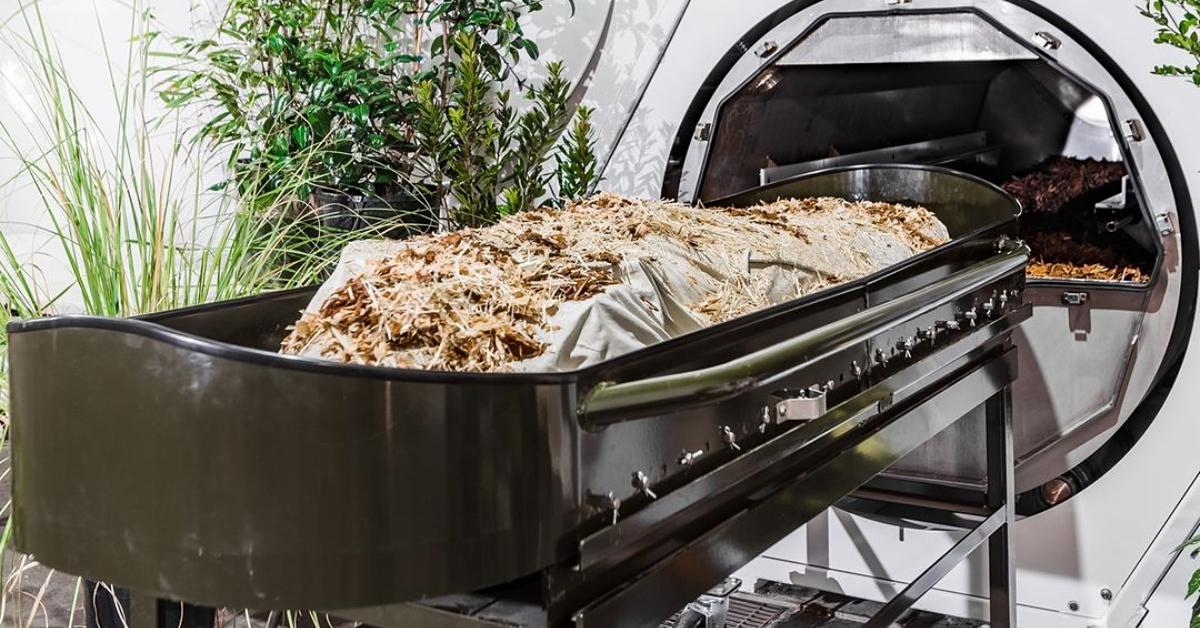
This Southwestern State Could Be the Next to Legalize Human Composting (Exclusive)
Amidst news that Arizona may soon legalize human composting, Recompose founder and CEO Katrina Spade discusses the importance of green death care with Green Matters.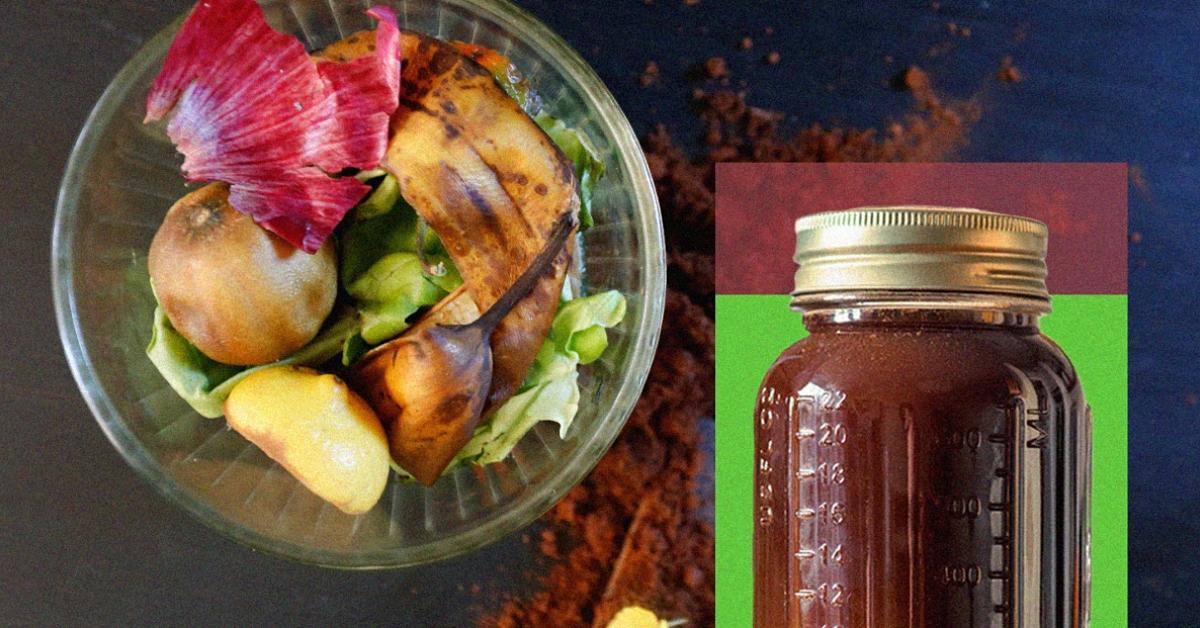
Organic Growing and Soil Experts Spill the Tea on the Microbial Magic of DIY Fertilizer Tea (Exclusive)
On behalf of your poor, sweet veggie garden, put the toxic chemical fertilizer down. These organic DIY compost tea recipes make happy plants and biodiverse soil!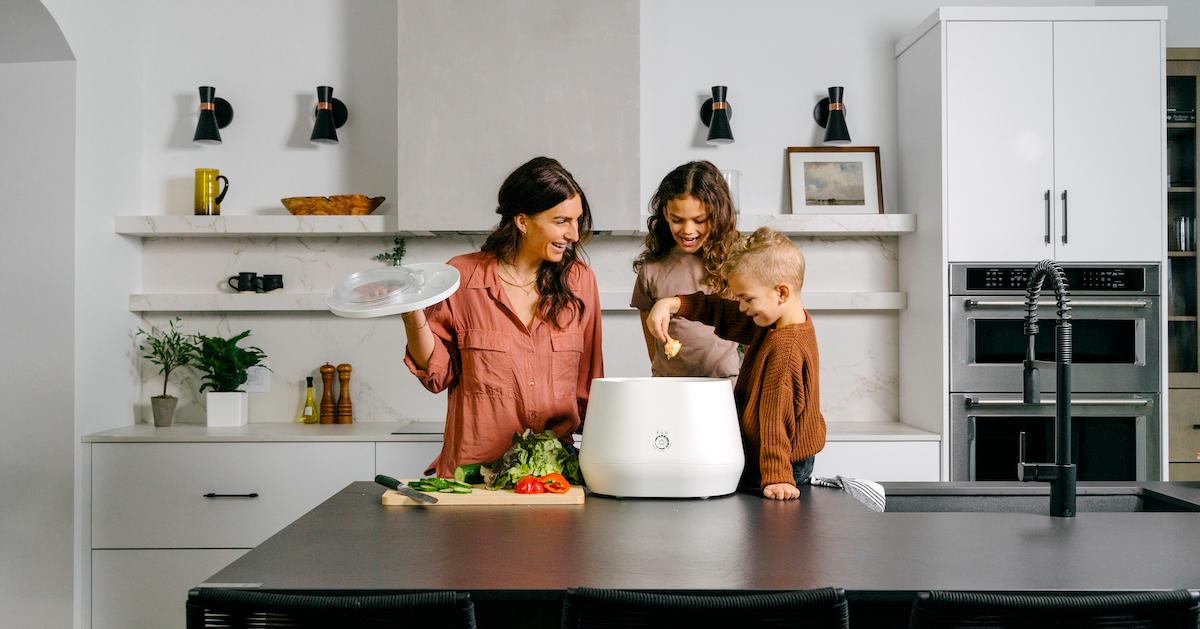
Our Favorite Compost Machines for Home Composting (Exclusive)
Entrepreneurs have been working to make composting at home easier with home composting machines.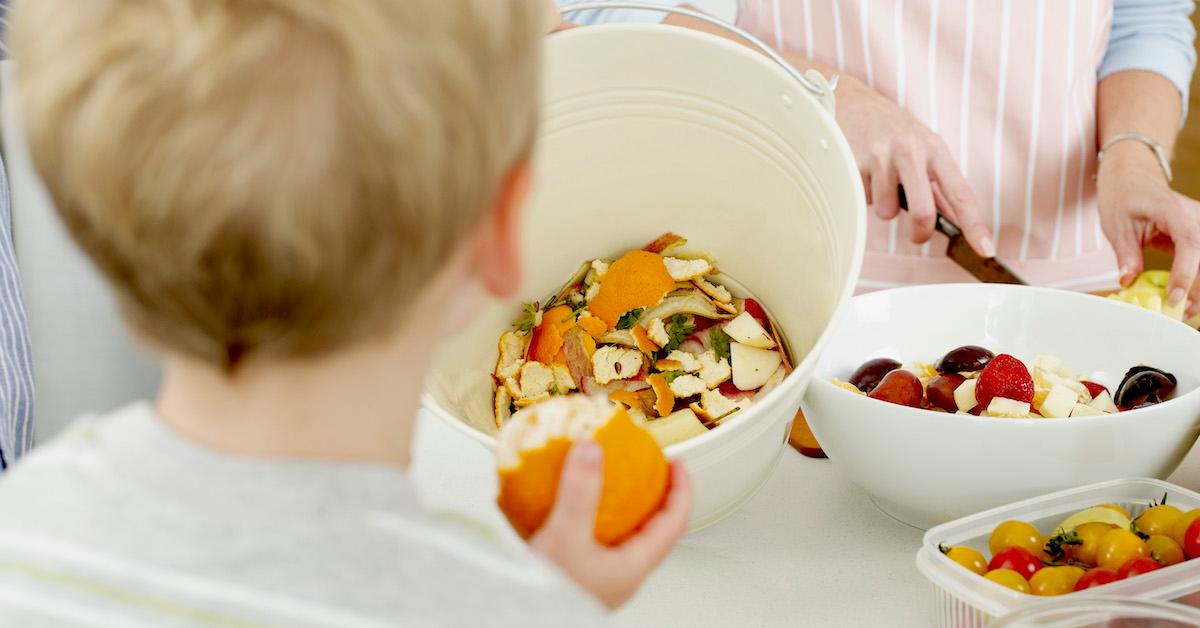
California Finally Starts Rolling Out Its Statewide Composting Mandate
California just enacted a composting law, which will effectively require all Californians to compost everything from vegetable scraps and rotten leftovers to paper towels and plates.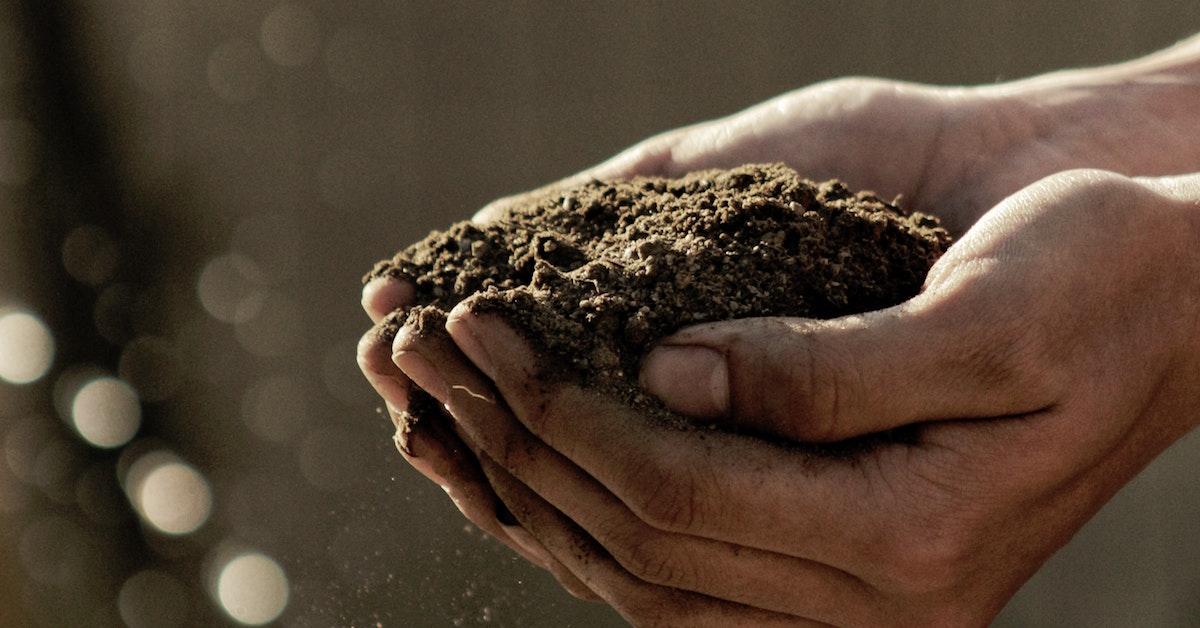
DIY Tips for Making Your Own Composting Toilet
Learning how to build a composting toilet is a great way to start living a zero-waste lifestyle.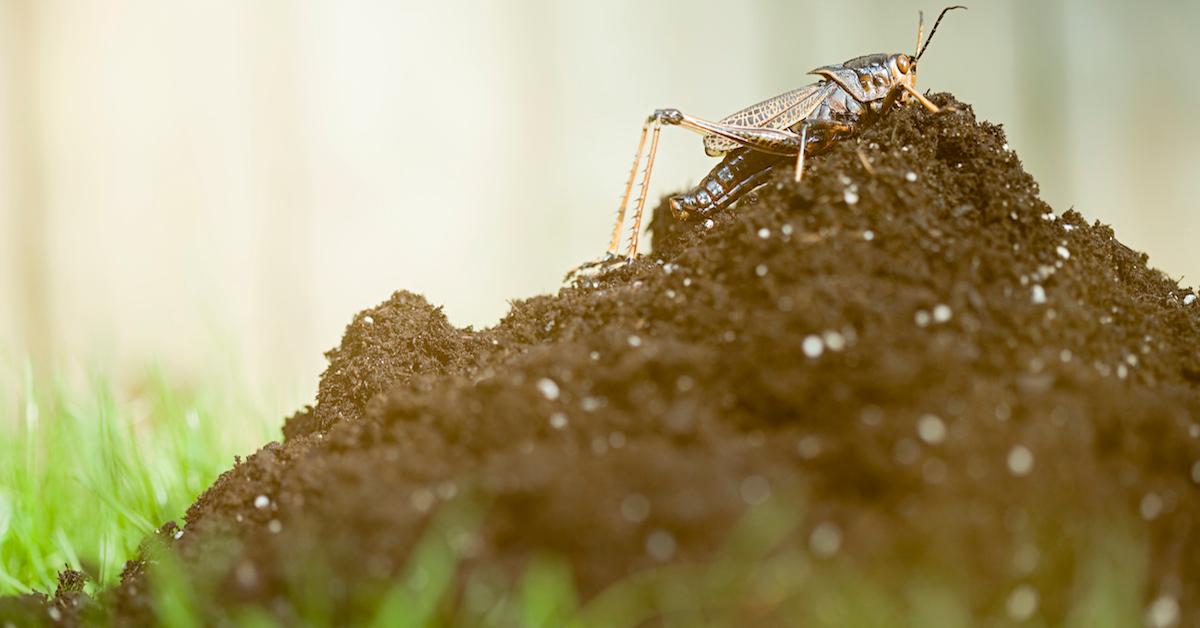
What Soil Is Best for Vegetable Gardening?
They say great gardens start with good soil, but how do you know which soil is best for gardening?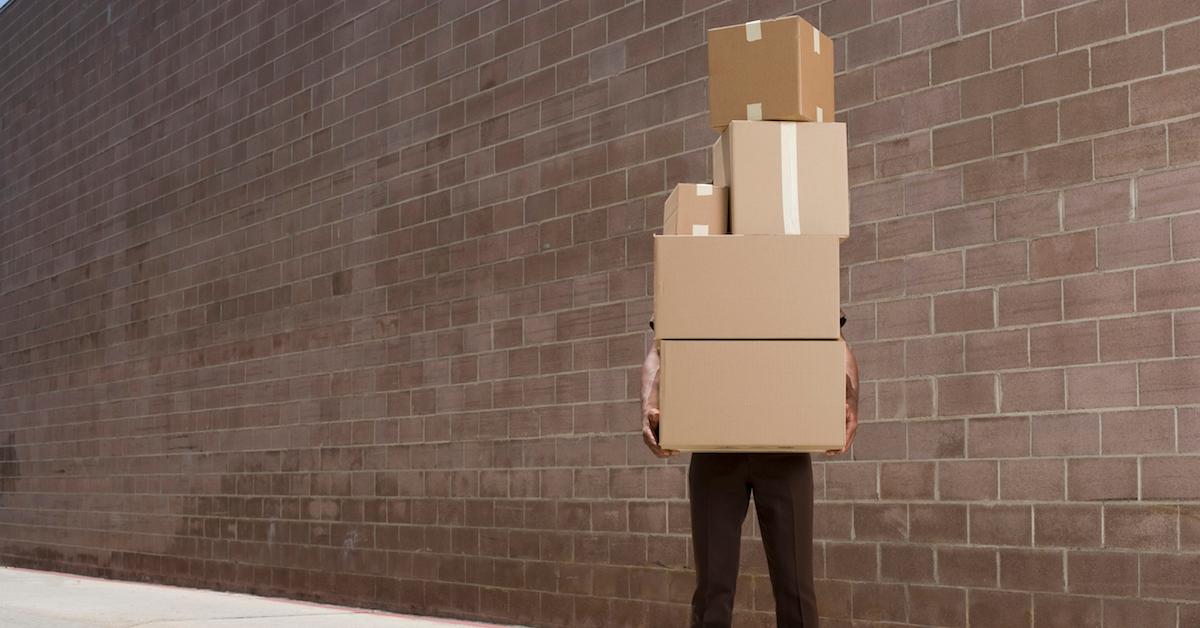
What to Do With Amazon Boxes — Besides Just Recycling Them
Amazon deliveries are at a historic high, but what are you supposed to do with all those Amazon boxes — besides recycling them, obviously?
Do Compostable Diapers Exist? Biodegradable Brands to Look Out For
Is there such a thing as compostable diapers? We've discovered a few brands that are biodegradable — without chemicals that will harm the environment.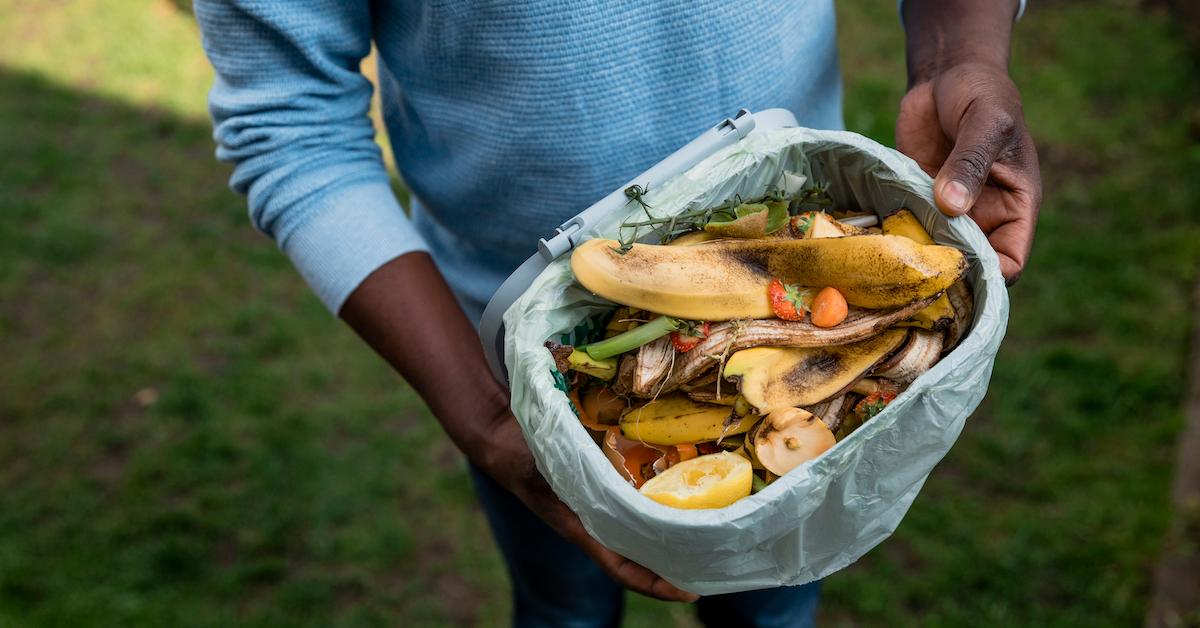
These Small Composting Companies Are Fighting Food Waste Across the U.S.
If you want to find a compost company near you, here are a few amazing small compost businesses operating around the U.S.
Is Kitty Litter Compostable? Sustainability Tips for the Cat Lover in Your Life
Is kitty litter compostable? Here's a look at which litter brands are biodegradable for the feline pet owner in your life.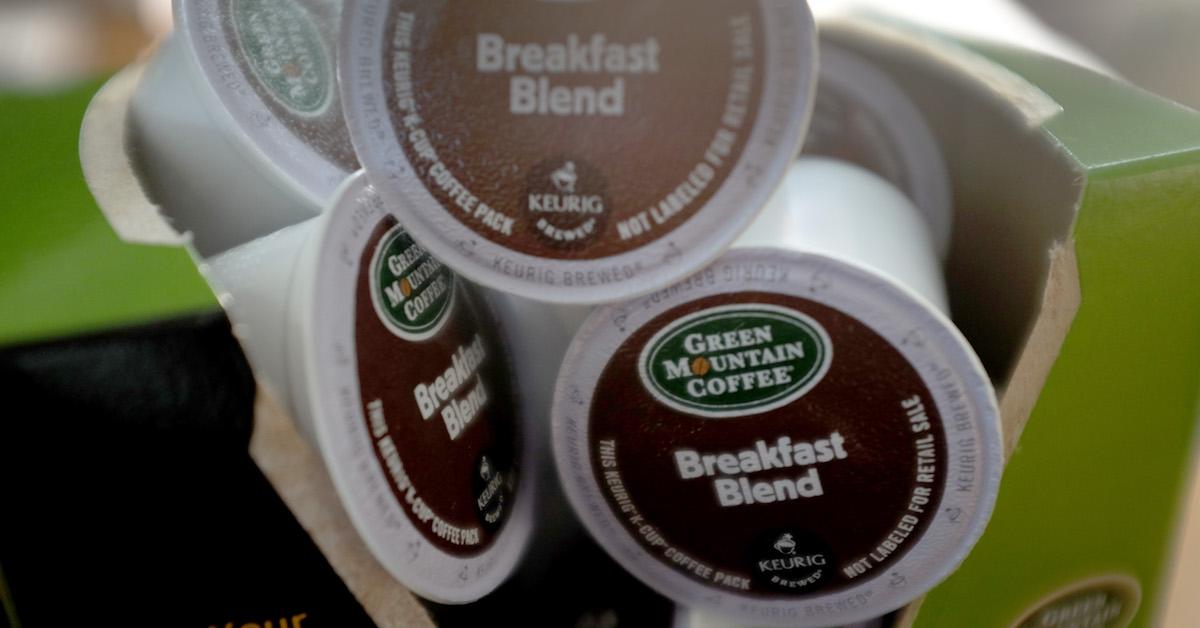
How to Recycle Your Nespresso Pods and K-Cups, to Ensure Your Morning Brew is Eco-Friendly
If you love coffee, then it's high time you learned the proper way to recycle your K-Cups and Nespresso pods after brewing your morning cuppa.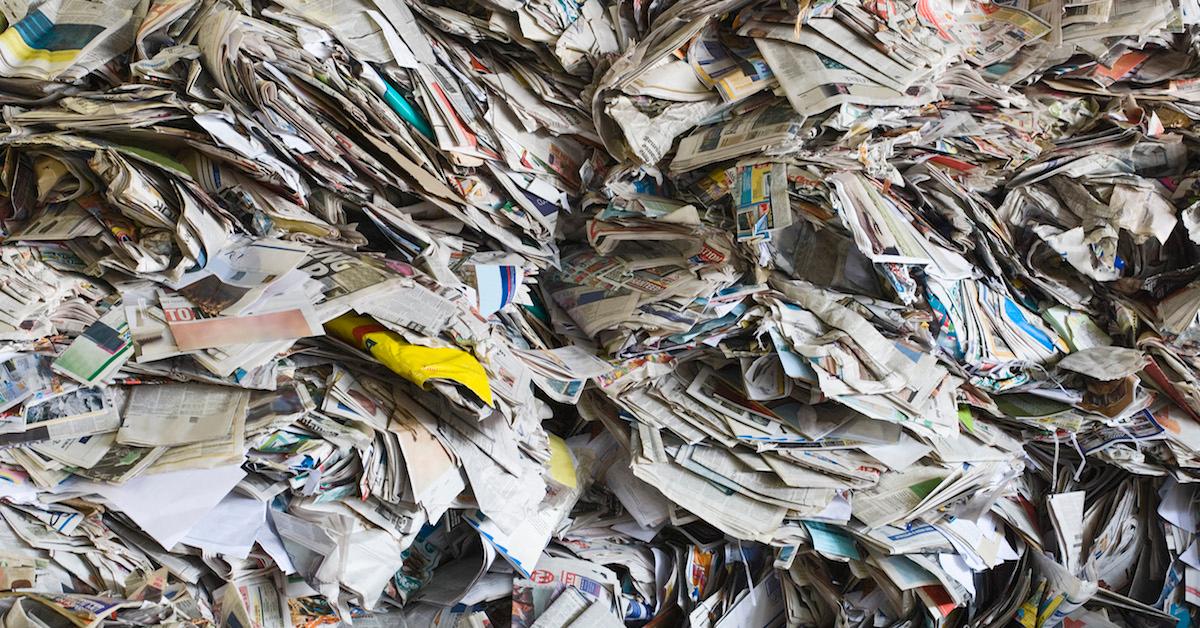
How to Properly Recycle Glossy Magazines
The magazine industry is slowly going the way of the dodo, but most people still don’t know how to properly dispose of glossy magazines.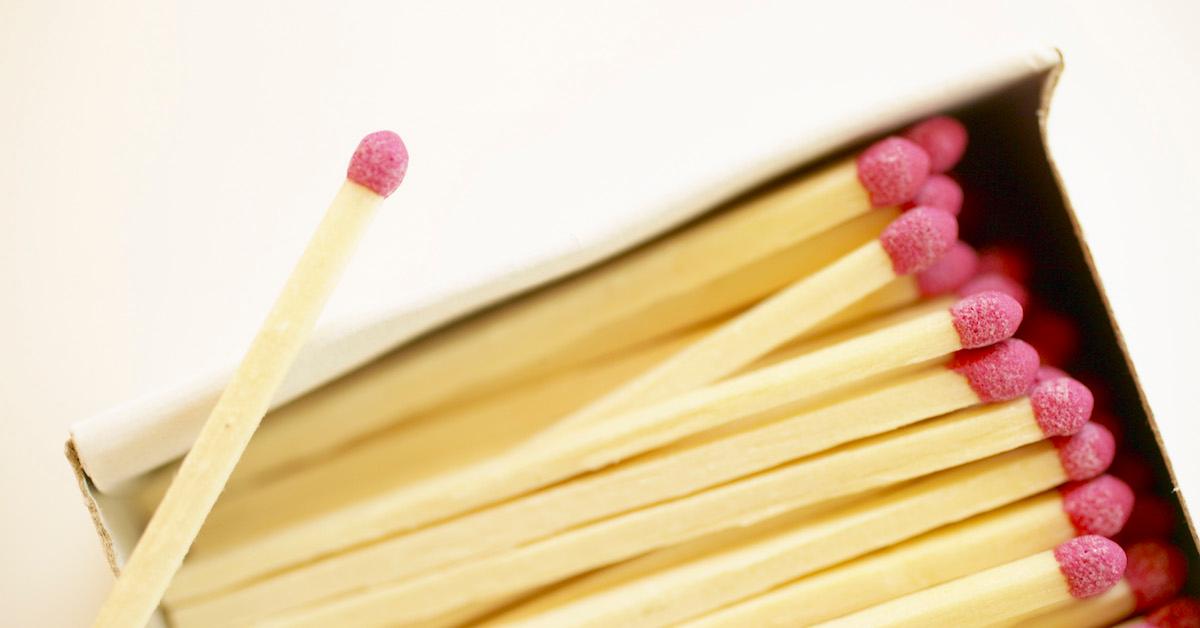
Here’s How to Safely Dispose of Your Used Matches
Whether you're using matches to light candles or ignite your gas stove, it's crucial that you dispose of them properly and safely afterwards.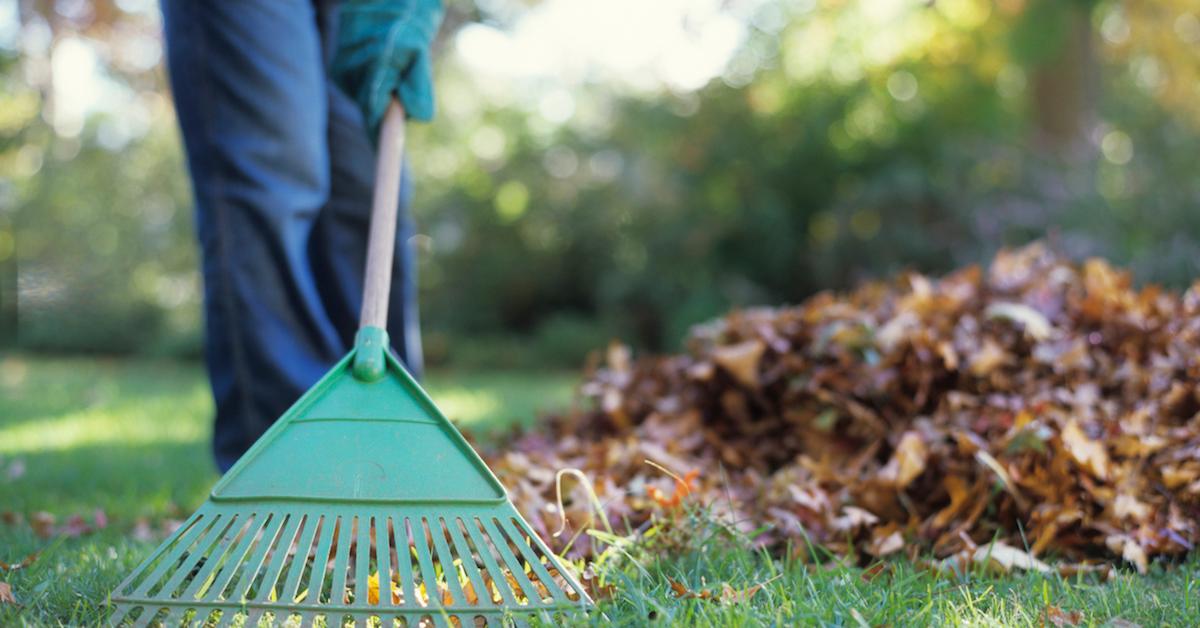
How to Dispose of Yard Waste in an Eco-Friendly Way
Spring and fall cleanups can result in an awful lot of leaves and twigs, but what’s the best way to dispose of yard waste?
7 Zero-Waste Tea Companies That Mix Flavor and Sustainability
This selection of organic, zero-waste teas are a delicious way to celebrate sustainability.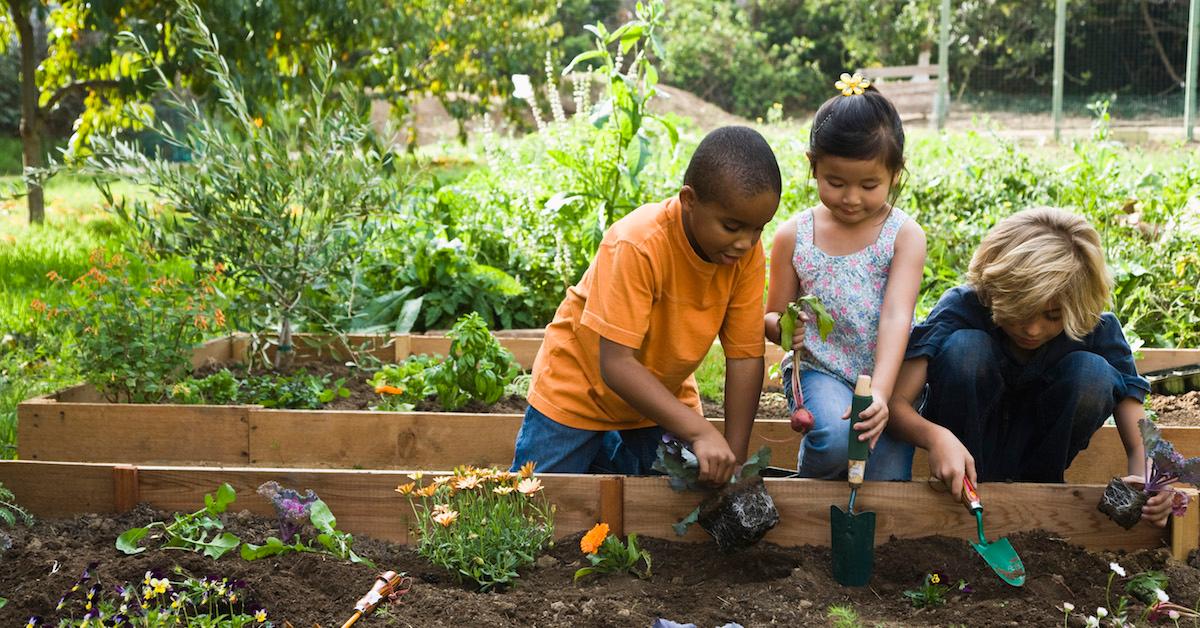
Tips for Joining or Starting a Community Garden in Your Neighborhood
Community gardens are a great way of growing produce and bringing a community together, but how does one join an existing community garden?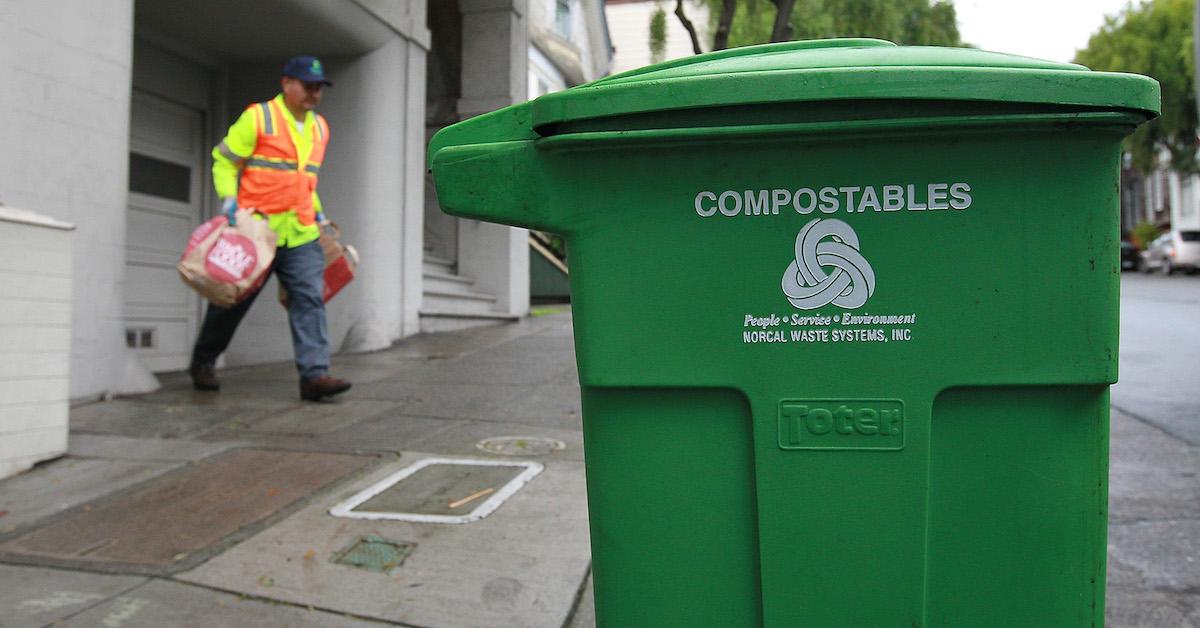
Biodegradable Packaging Isn't Where We Need It to Be, to Actually Help Reduce Waste
Although biodegradable packaging sounds like what our wasteful planet needs, it isn't where it needs to be yet, to actually help reduce waste.
Natural Luffas Are a Sustainable Choice — Here's How to Harvest Them
If you want an exfoliating deep-clean without all the plastic, try harvesting your own luffa from your own garden.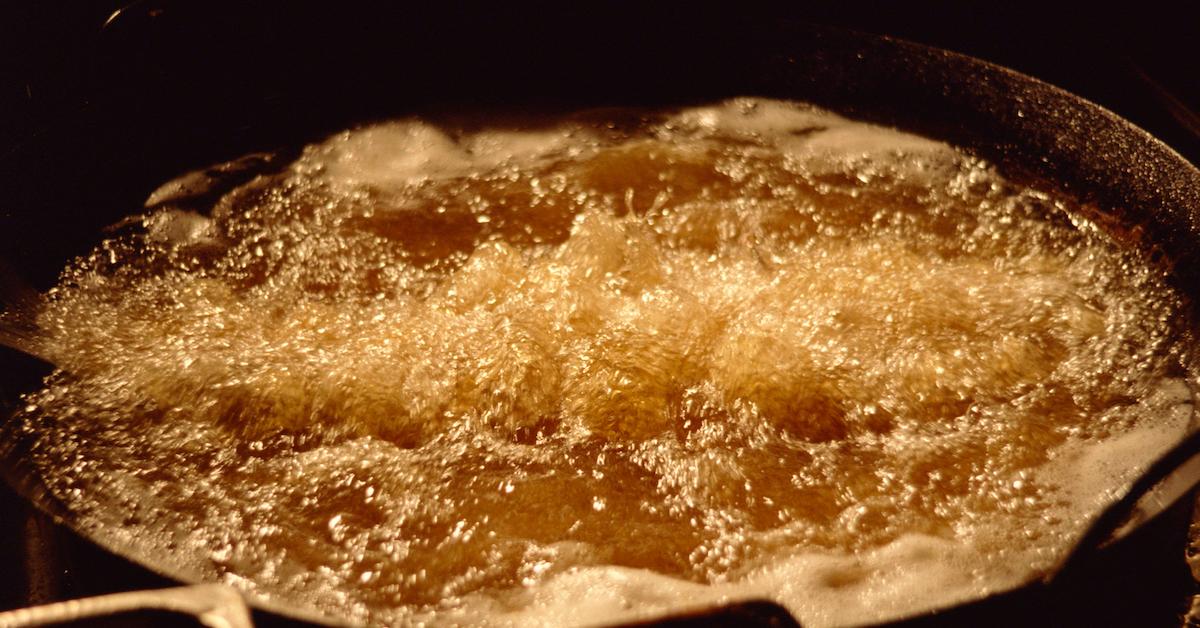
The Safest and Most Eco-Friendly Ways to Dispose of Cooking Oil
Disposing of cooking oil isn’t a matter of just throwing it into the trash — there are various important environmental factors to consider.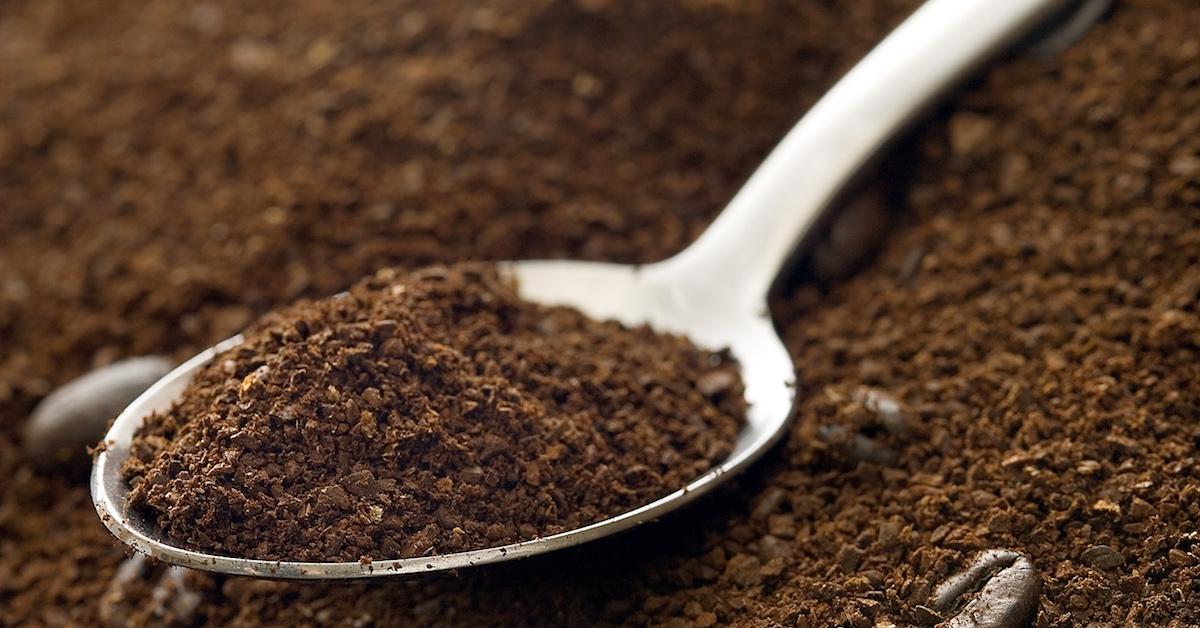
How Coffee Grounds Can Boost Your Garden's Health
Adding coffee to your home garden can give even the most stubborn plants a much-needed caffeine boost.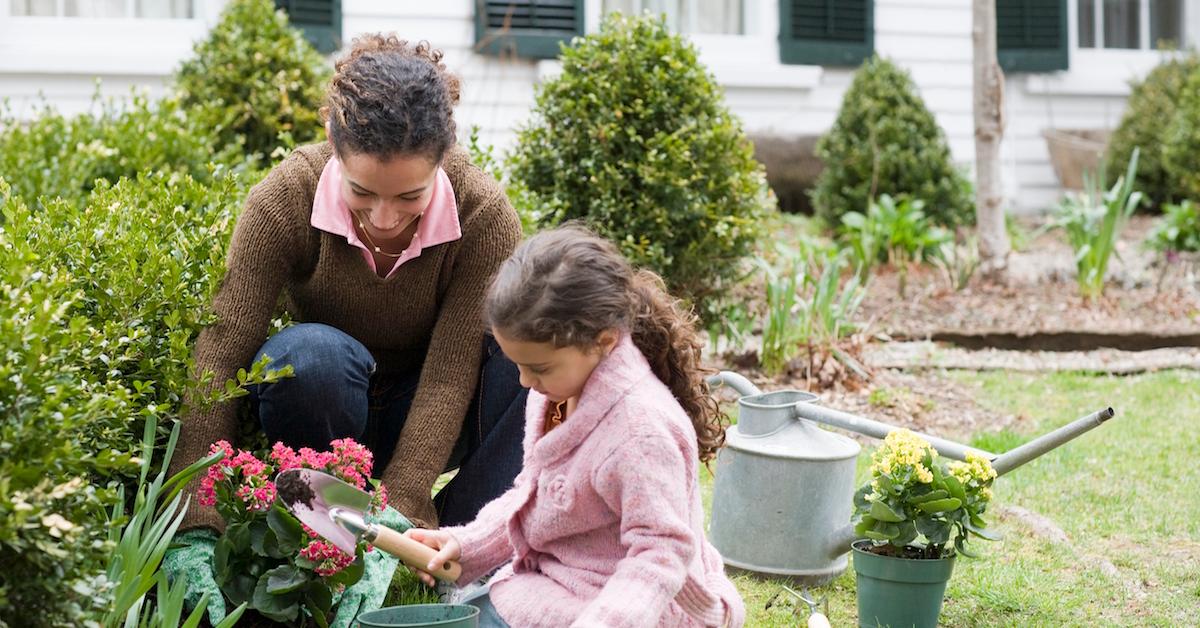
How Home Gardening Can Benefit the Environment
Gardening can be a very therapeutic way of reconnecting with nature, but did you know that it can also help the environment?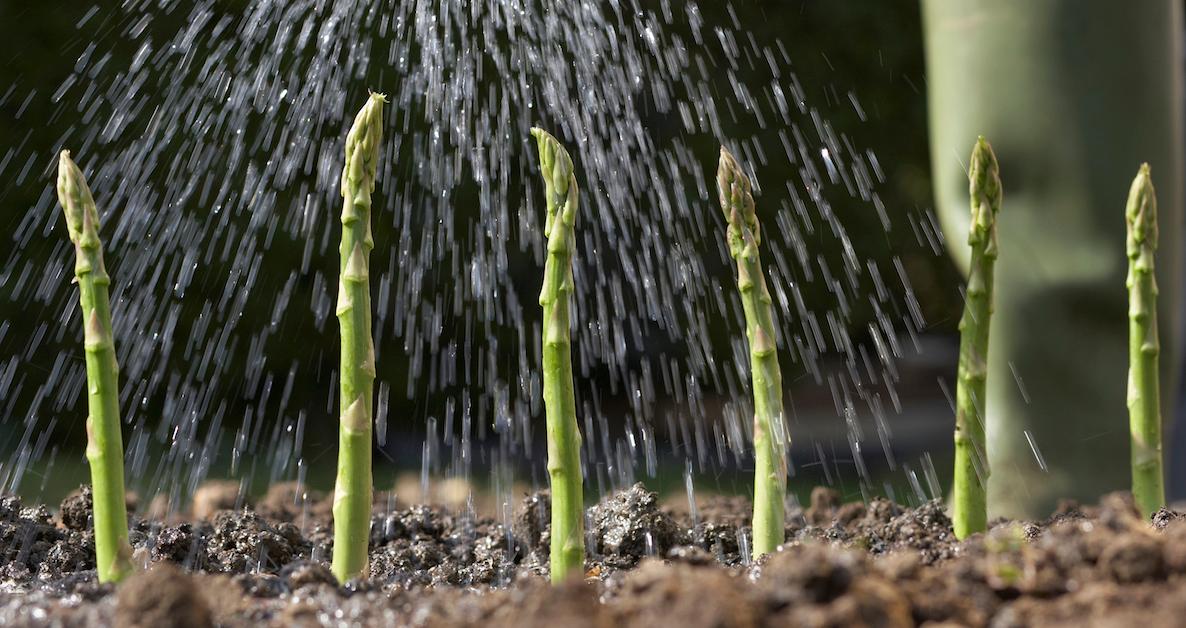
Plant pH: Exploring the Pros and Cons of Gardening With Lime
Lime can be a difficult tool to use in gardening. So how do you know which plants need it and which would do better without it?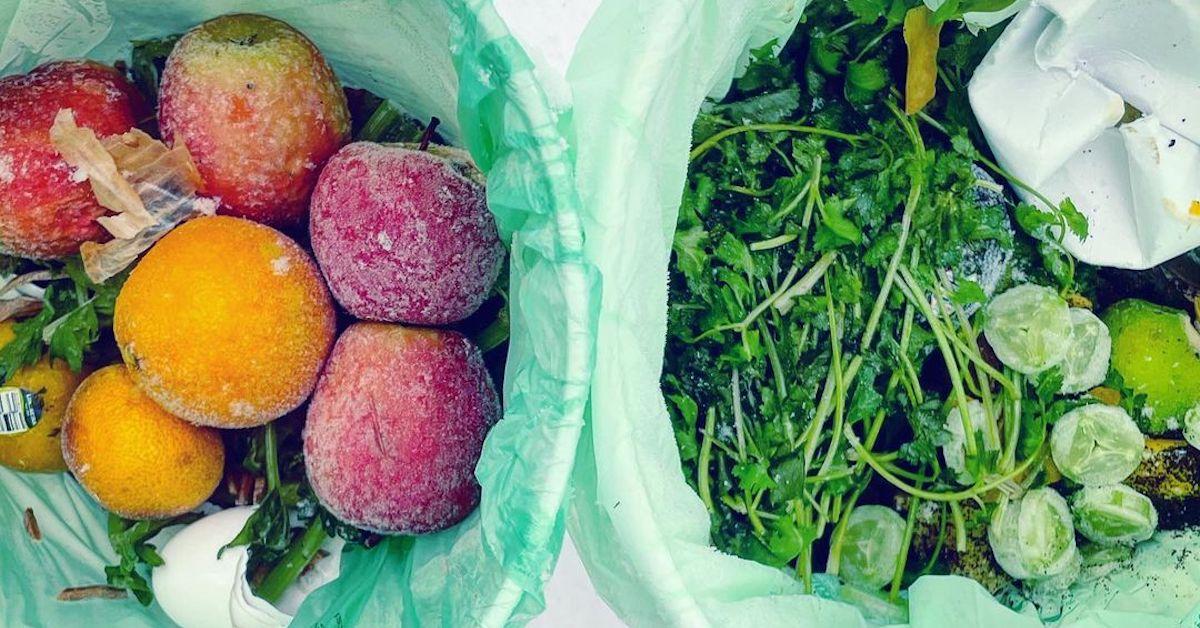
Are Compostable Bags Really Compostable? What You Need to Know This Int’l Compost Awareness Week
Happy Int’l Compost Awareness Week! Here's everything you need to know about compostable and biodegradable bags.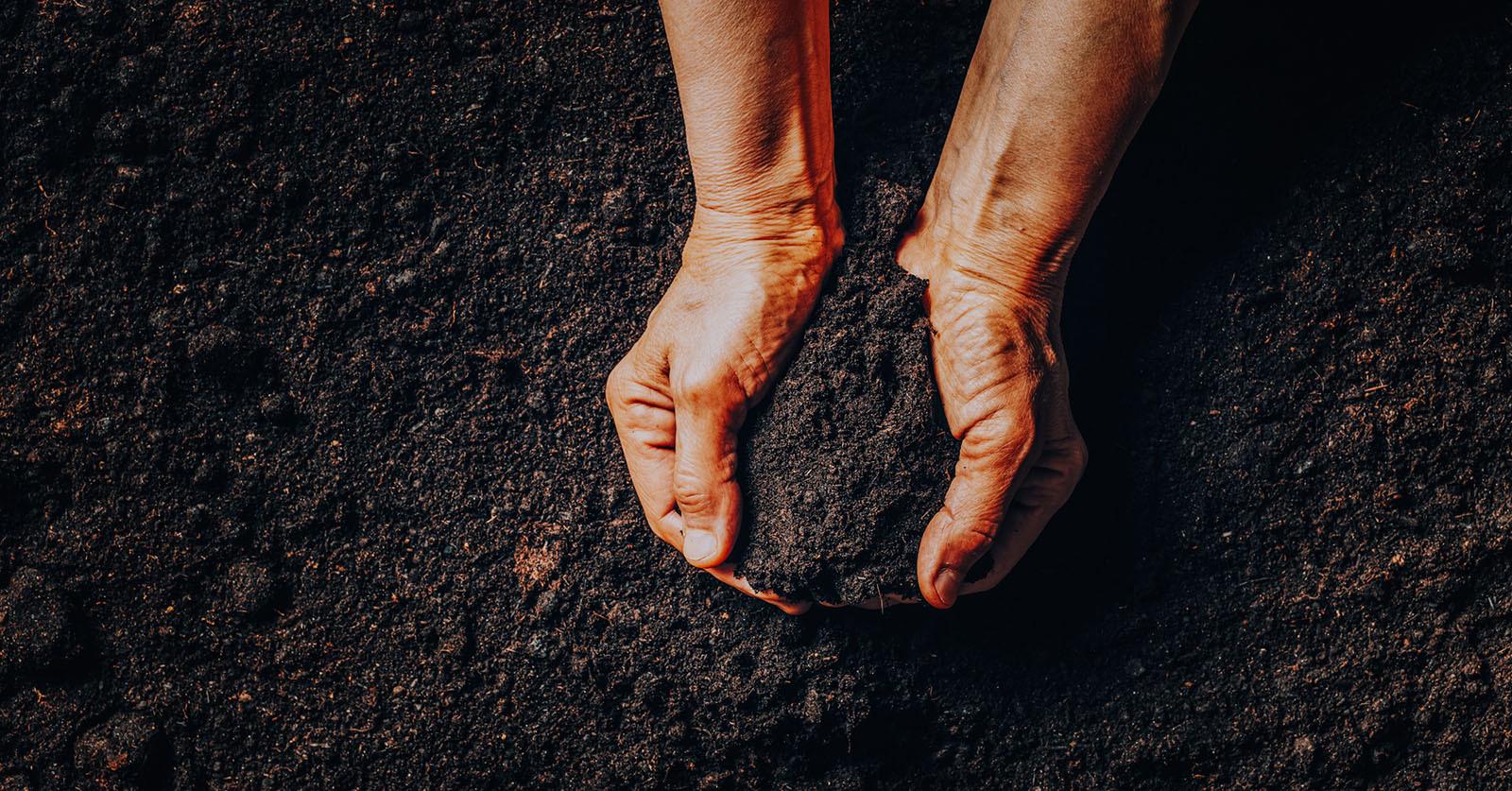
Colorado to Become Second State to Legalize Human Composting
What is human composting? Colorado is about to legalize the process, which allows deceased humans to be composted rather than buried or cremated.
Hassle-Free Ways to Recycle Your Shredded Paper
Why is it so difficult to recycle shredded paper? There are things you need to know if you're discarding the contents of your paper shredder.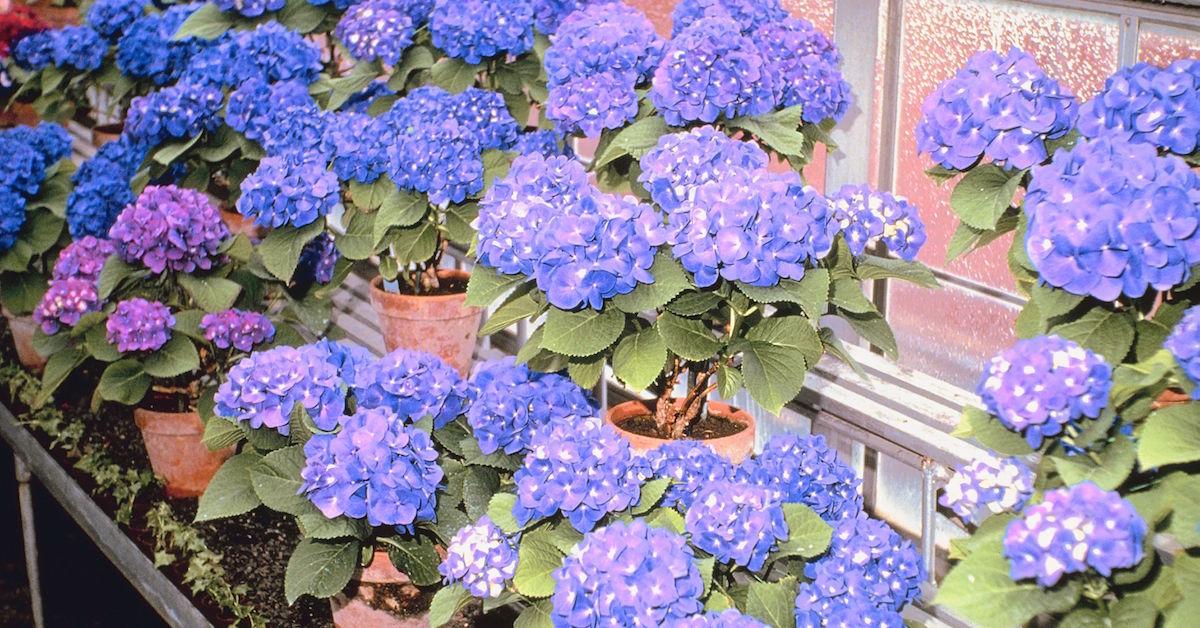
Is It Actually Possible to Change the Color of Hydrangeas Using Coffee?
Hydrangeas are beautiful and highly sought after by home gardeners, but is it really possible to change their color using something as commonplace as coffee?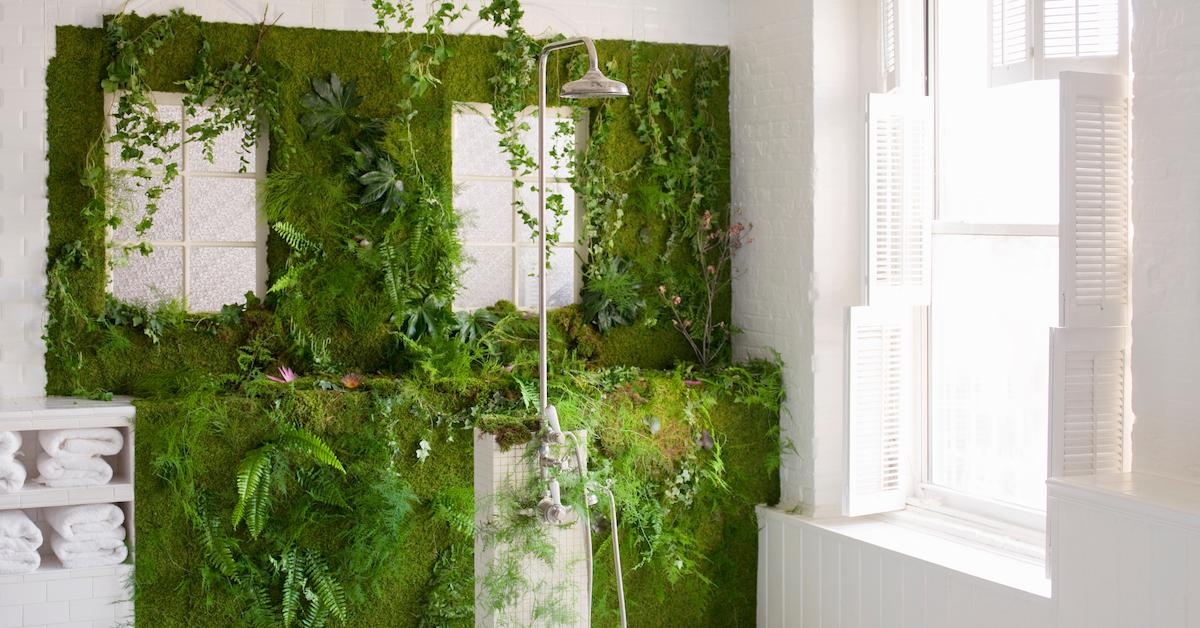
Exploring the Secrets of Vertical Vegetable Gardening, From Top to Bottom
Planting a vertical vegetable garden is a great way to save space and take your gardening skills to a whole new dimension.
How Zero-Waste Chef Max La Manna Is Fighting the Climate Crisis With Food
Chef Max La Manna keeps his kitchen zero-waste and vegan — and he wrote a book called "More Plants Less Waste" to help you do the same.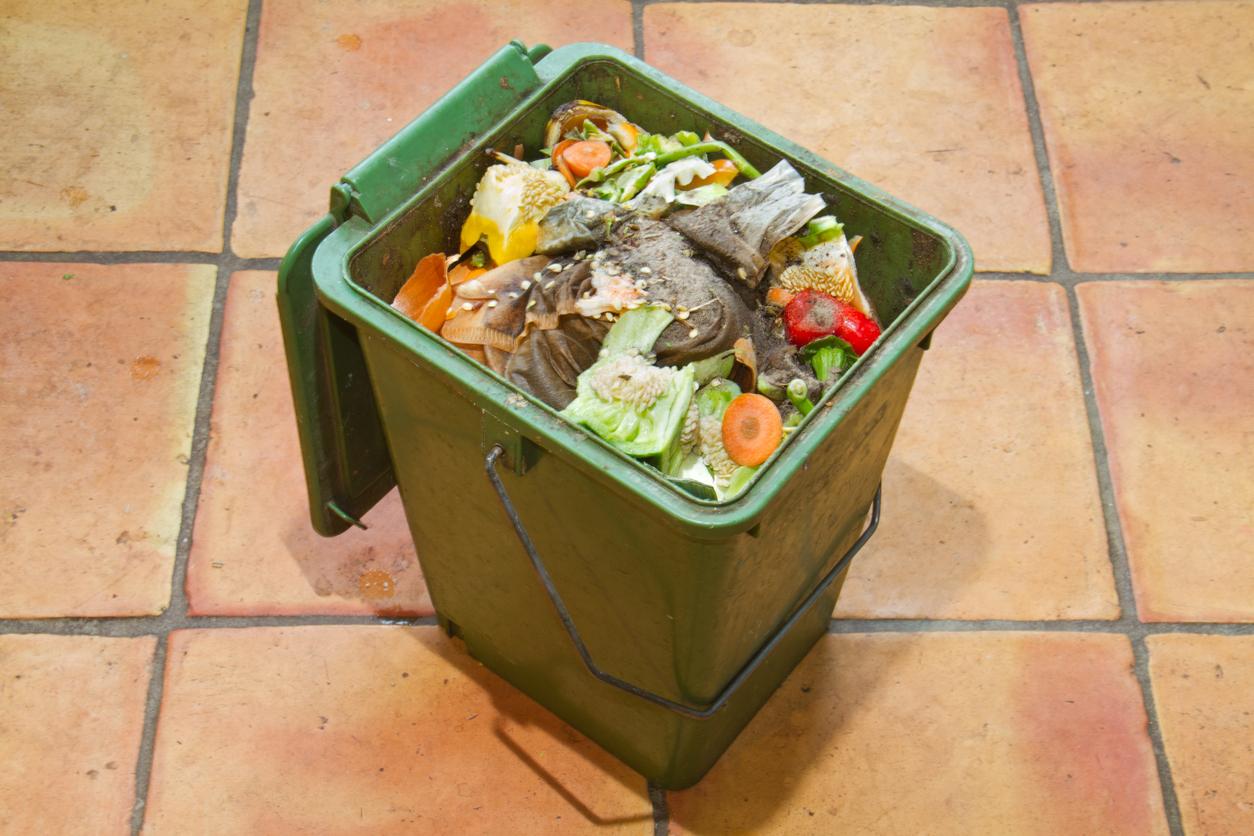
Simple Steps to Make Your Own Backyard Compost Bin: A Beginner's DIY Guide
Looking to compost natural waste, but not sure how to get started? Here's a guide on creating your own DIY outdoor compost bin for your backyard.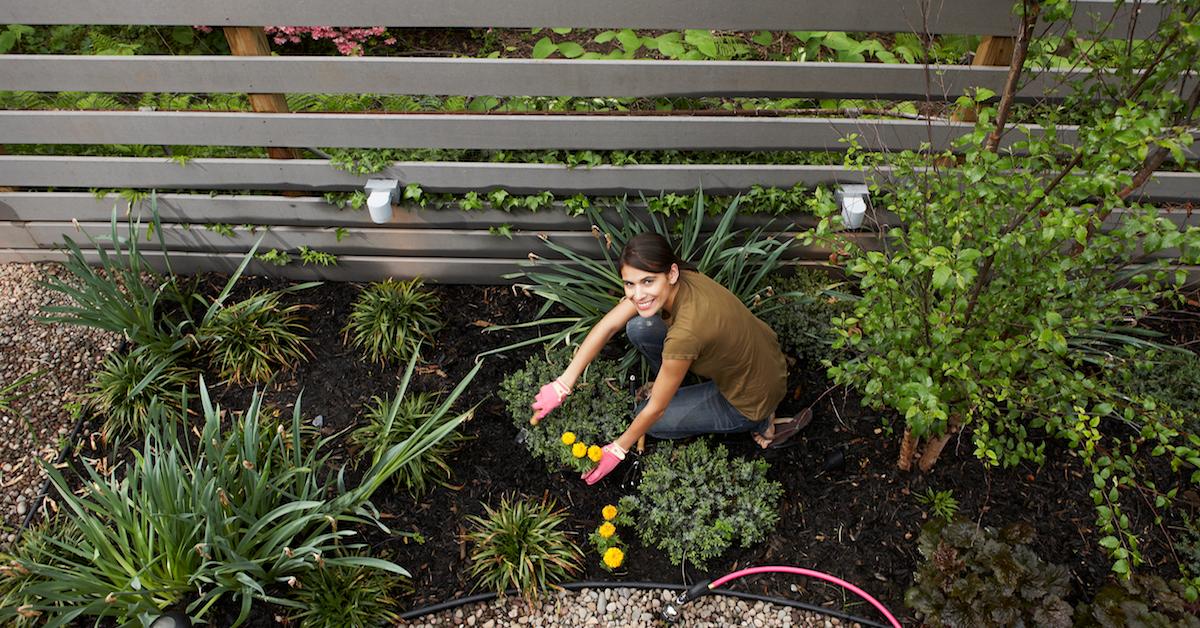
Landscaping for Beginners: What You Need to Know to Get Started
Starting a new landscaping project involves planning a large number of details, but it’s easy to accomplish as long as you know where to start.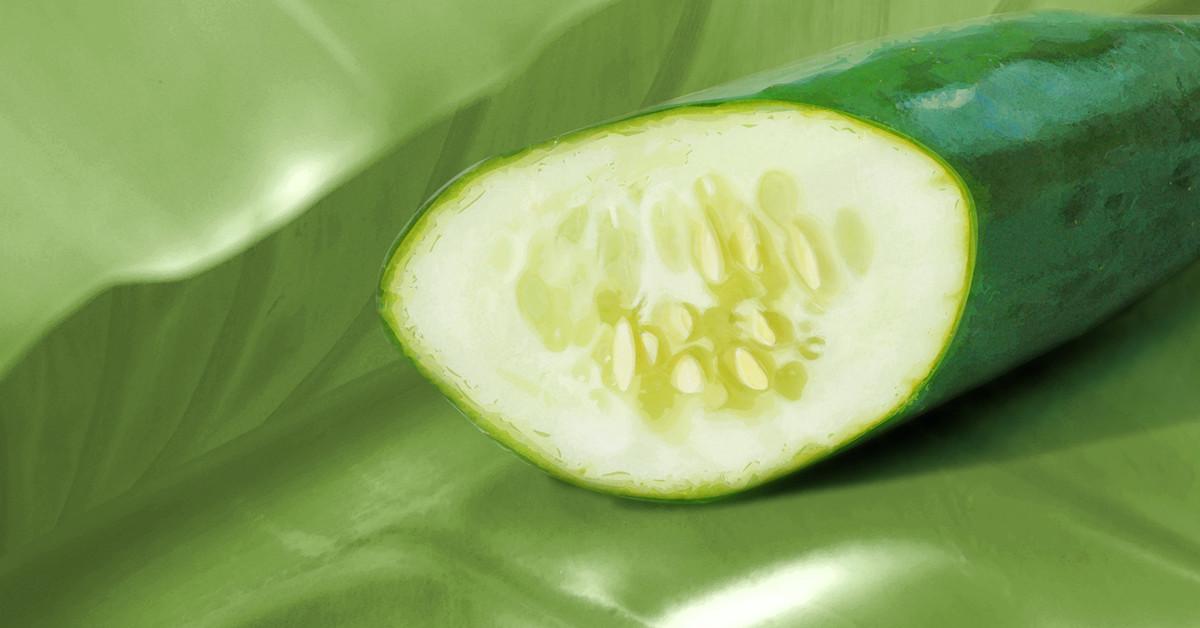
Why Your Cucumber Leaves Are Turning Yellow, and How to Make Them Green Again
Cucumbers are a nutritious addition to any backyard garden, but what do you do if your formerly verdant cucumber leaves are starting to turn yellow?
Everything You Need to Know About Successfully Transplanting a Rose Bush
Rose bushes are beautiful, if not slightly temperamental plants, but transplanting one isn’t as difficult as you might imagine.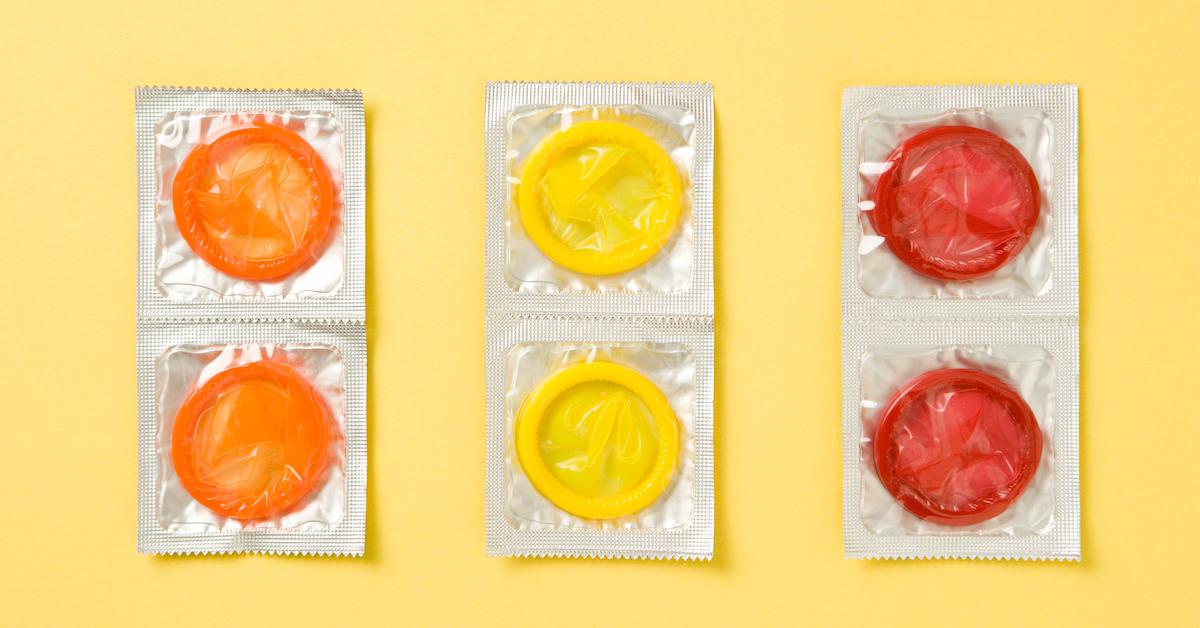
Here's How You Should Actually Be Disposing of Those Used Condoms
Are condoms compostable? It's been a widely debated topic in the zero-waste community, and with Valentine's Day around the corner, we're investigating.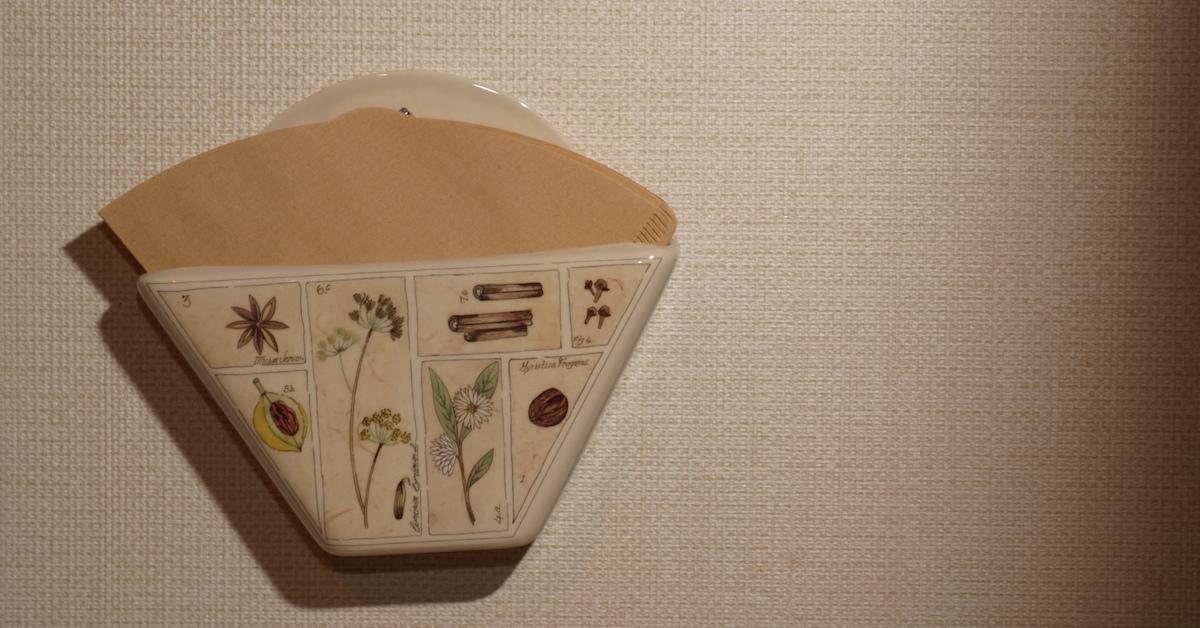
How Do Reusable Coffee Filters Work?
Different coffee filters can have different impacts on the flavor, aroma, and overall coffee experience, but do reusable filters work any better than disposable ones?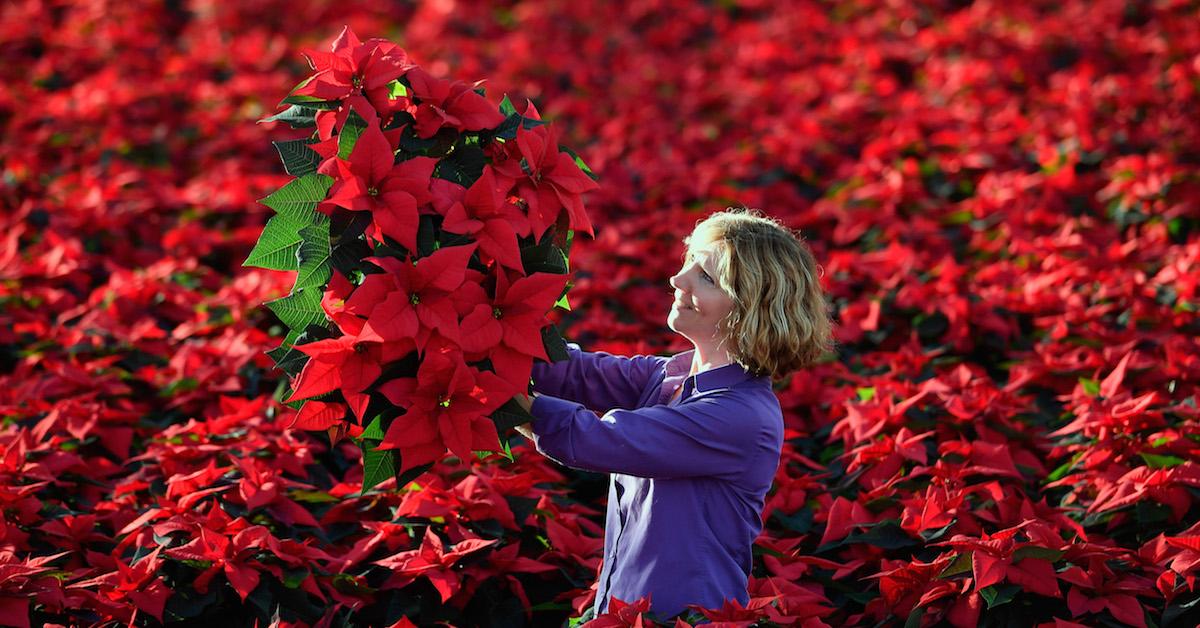
Caring for Poinsettias: How to Keep Them Alive Long After the Holiday Season
Poinsettia plants make for festive holiday gift, but few know how to properly care for them — here's how to ensure they live past Christmas.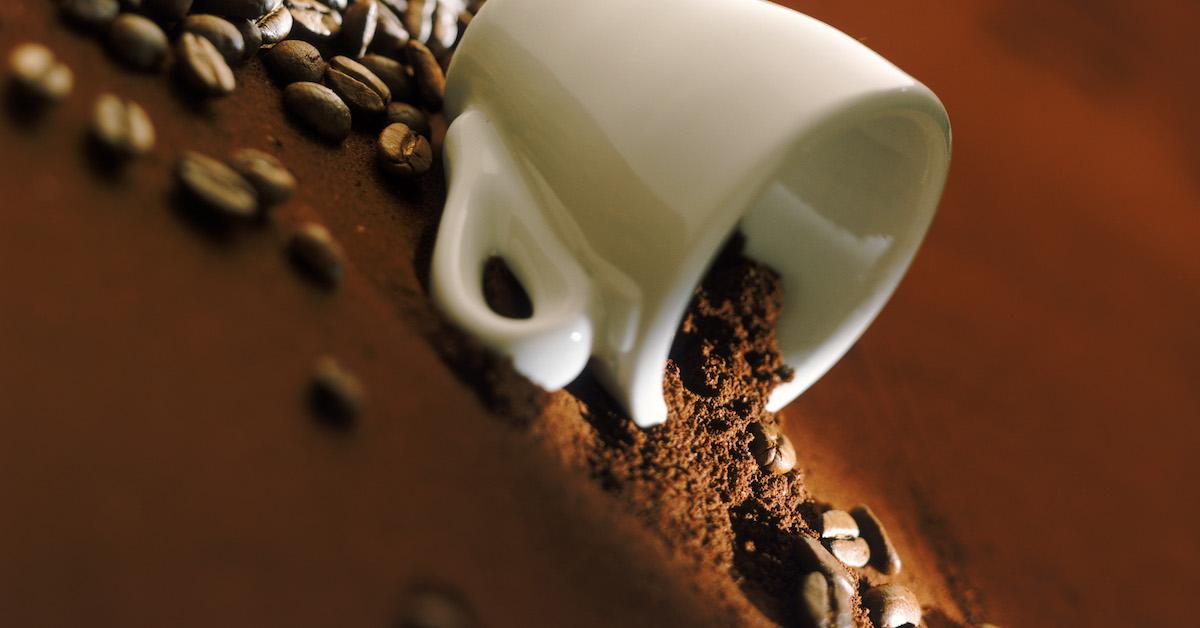
Savor the Flavor: What to Do with Used Coffee Grounds
Coffee grounds are actually a bit more useful than many people might assume, even beyond their composting capabilities.
How to Dispose of Dog Poop With Zero Waste
Dog parents are more than familiar with picking up after their pooches, but does all of that waste actually have to go to waste?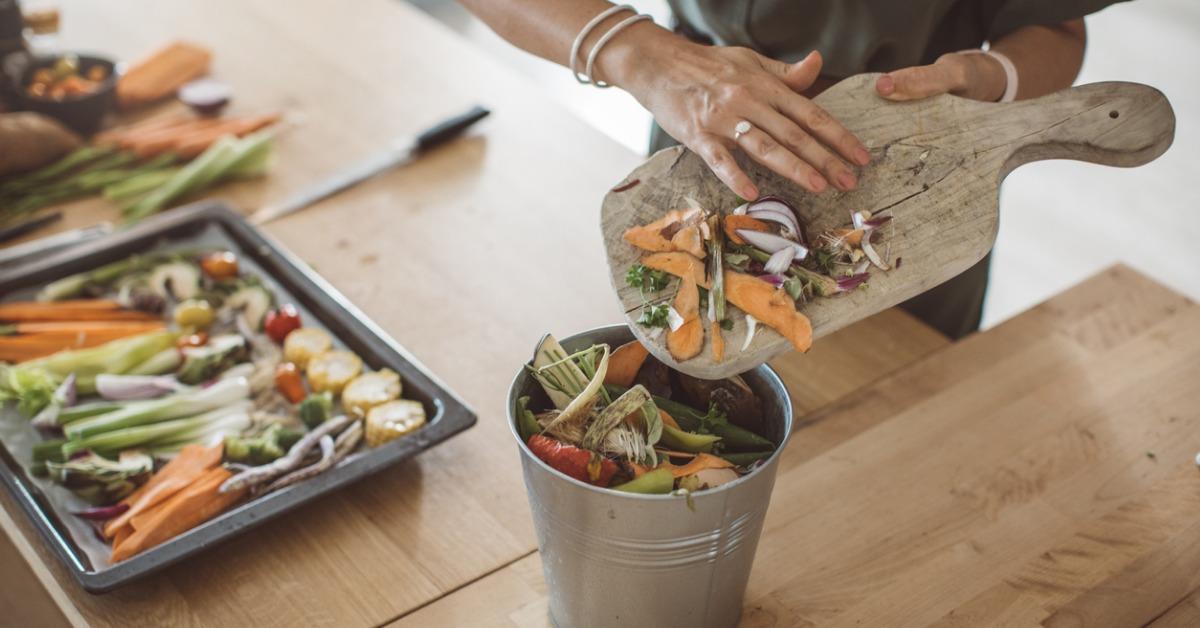
What Kind of Compost Is Good for Gardening?
Different composting techniques result in different blend of beneficial bacteria, but what kind of compost is good for gardening?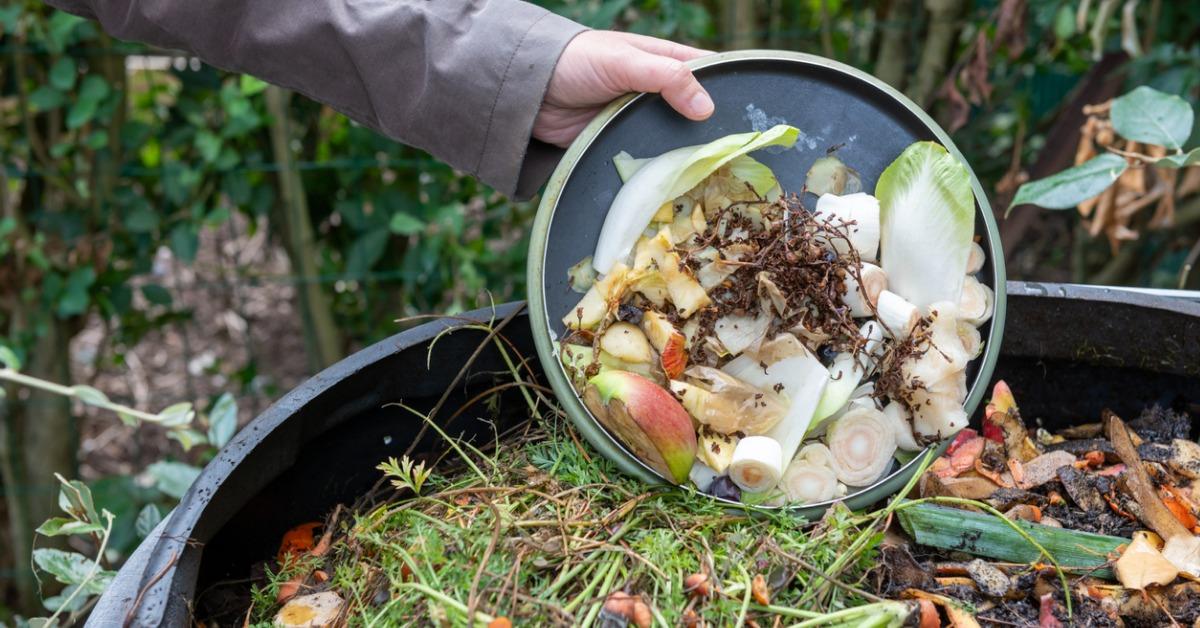
How to Prepare Compost for Gardening
Learning how to prepare compost for gardening requires only a few simple things: time, patience, and a little bit wisdom.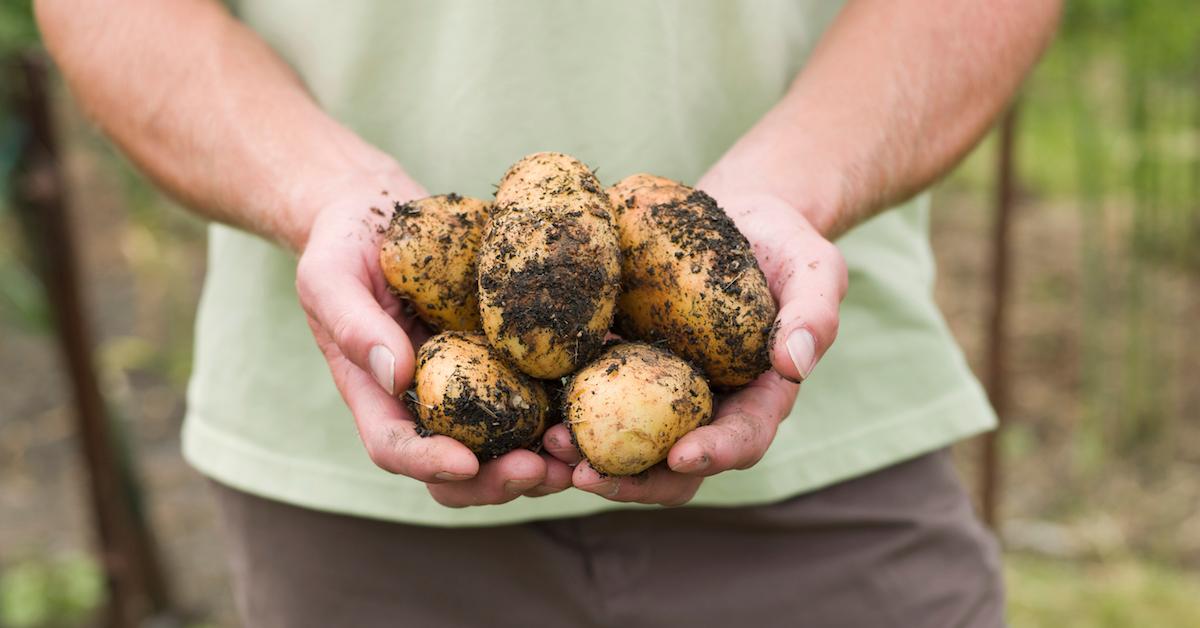
Get the Poop, Er, Scoop on the Best Manure for Vegetable Gardening
Manure stinks. But is there a green alternative to animal dung? And which manure is best for vegetable gardening?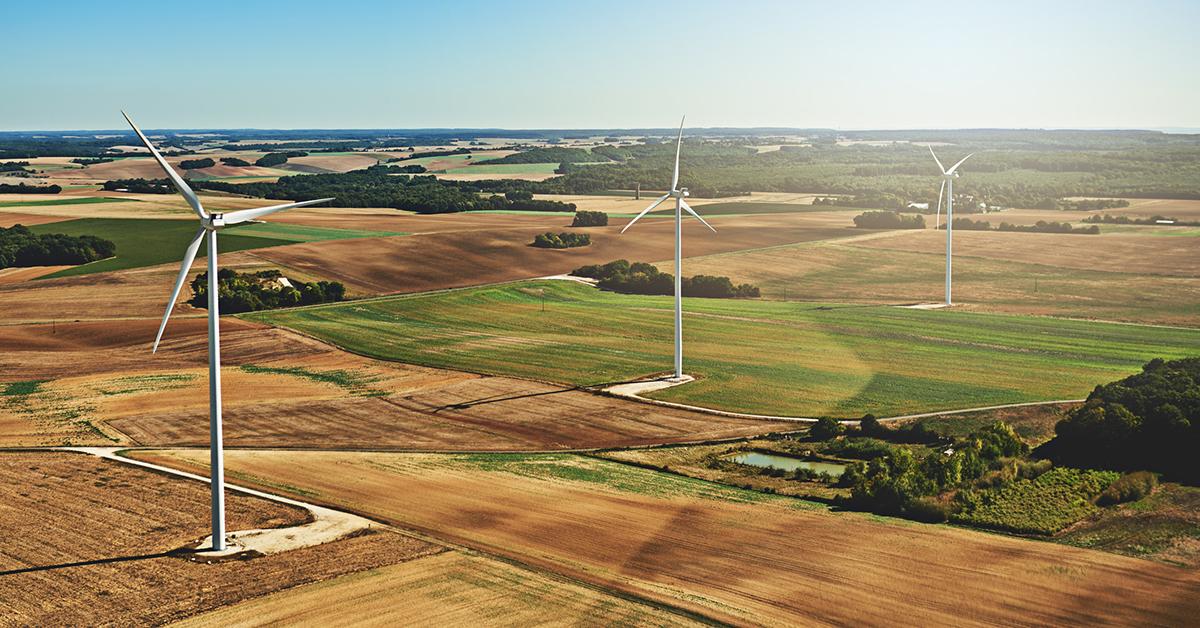
How Is Your Carbon Footprint Measured?
Learn about how your “carbon footprint” is actually measured.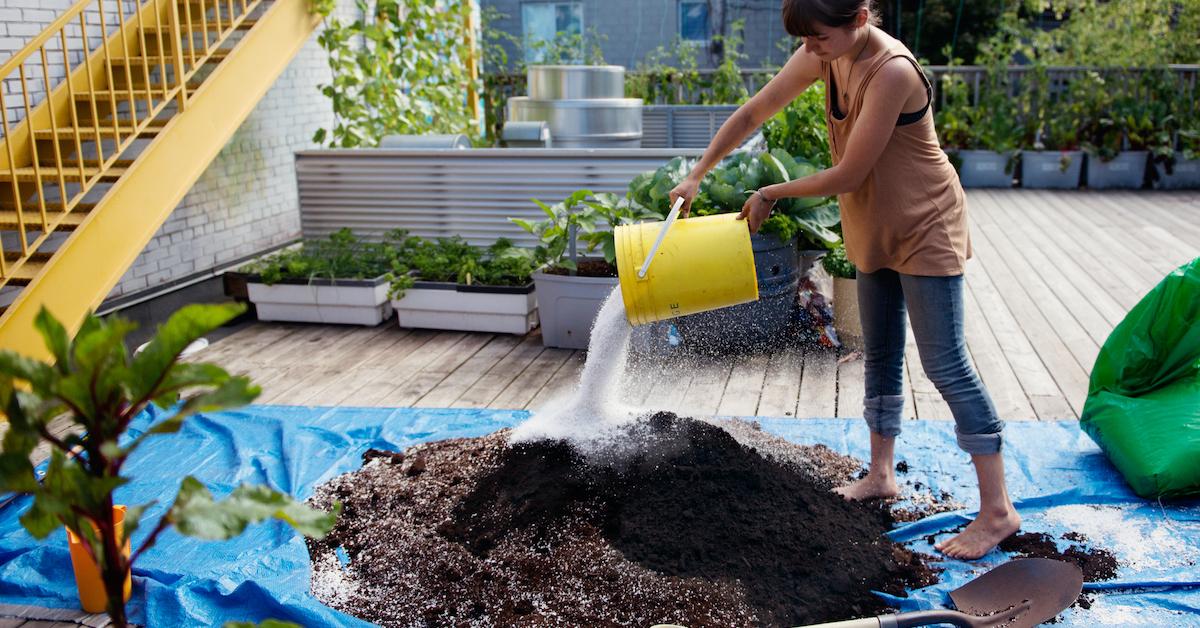
These Are the Biggest Composting Cities in the U.S.
Whether you're seeking out an eco-conscious new hometown or if you're simply curious, these are the biggest composting cities across the U.S.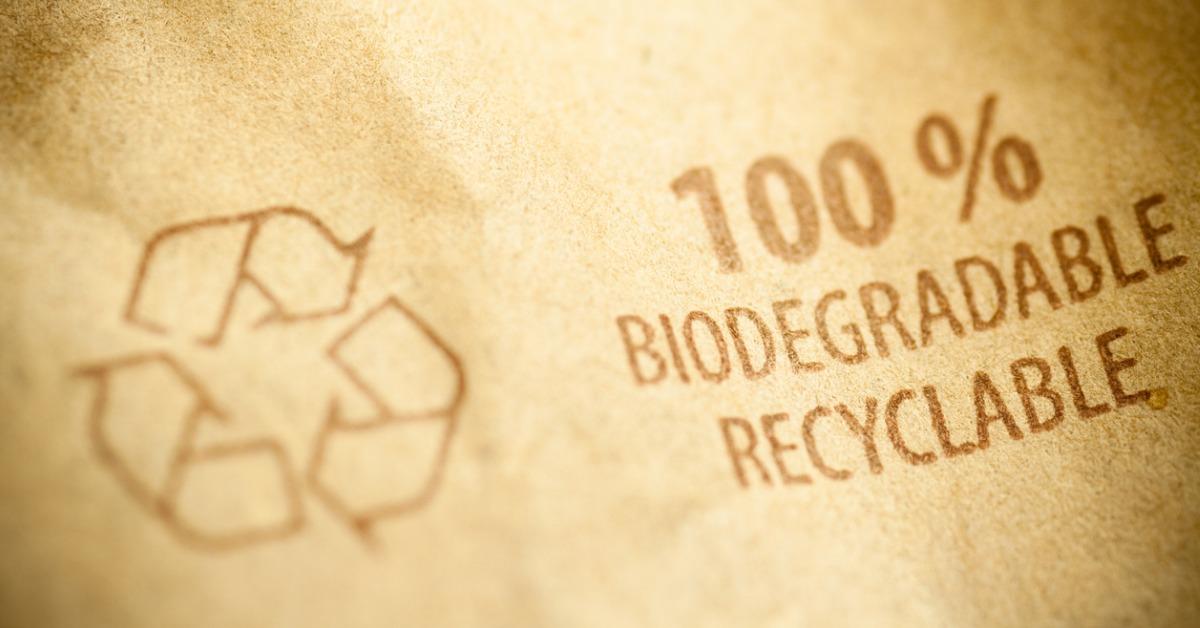
Can You Compost Paper with Ink?
It is assumed that nearly all untreated paper products are inherently compostable, but what about paper with ink?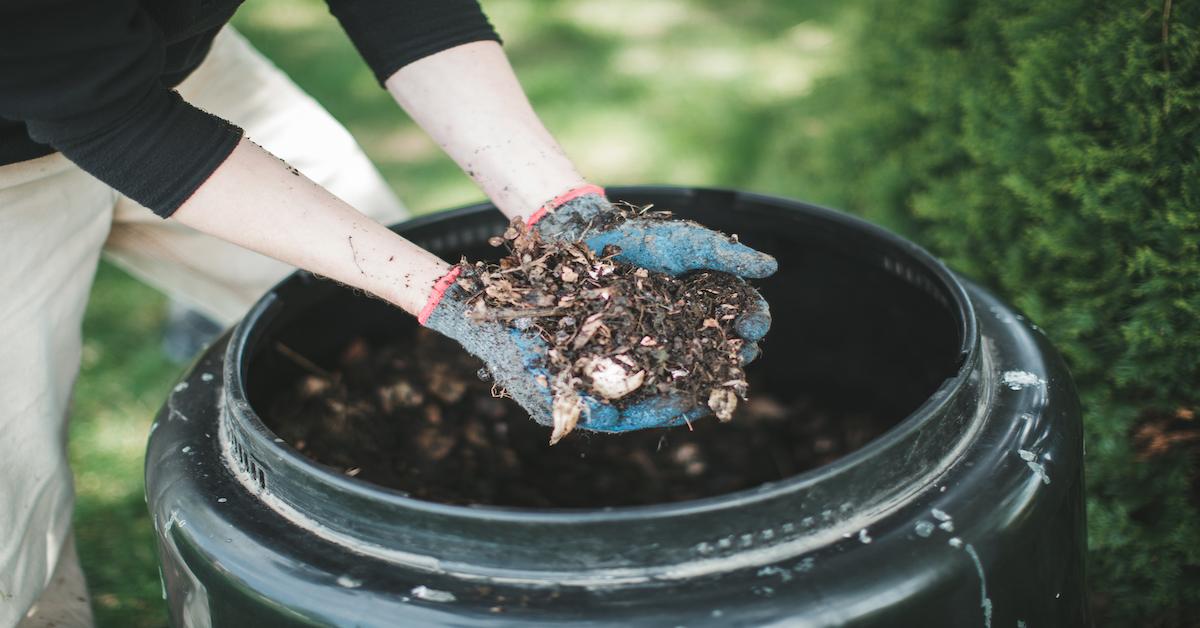
This Is How You Know That Your Compost Is Officially Ready to Use
How do you know if your compost is ready? You'll know your compost pile is finished and ready to use with these several indicators.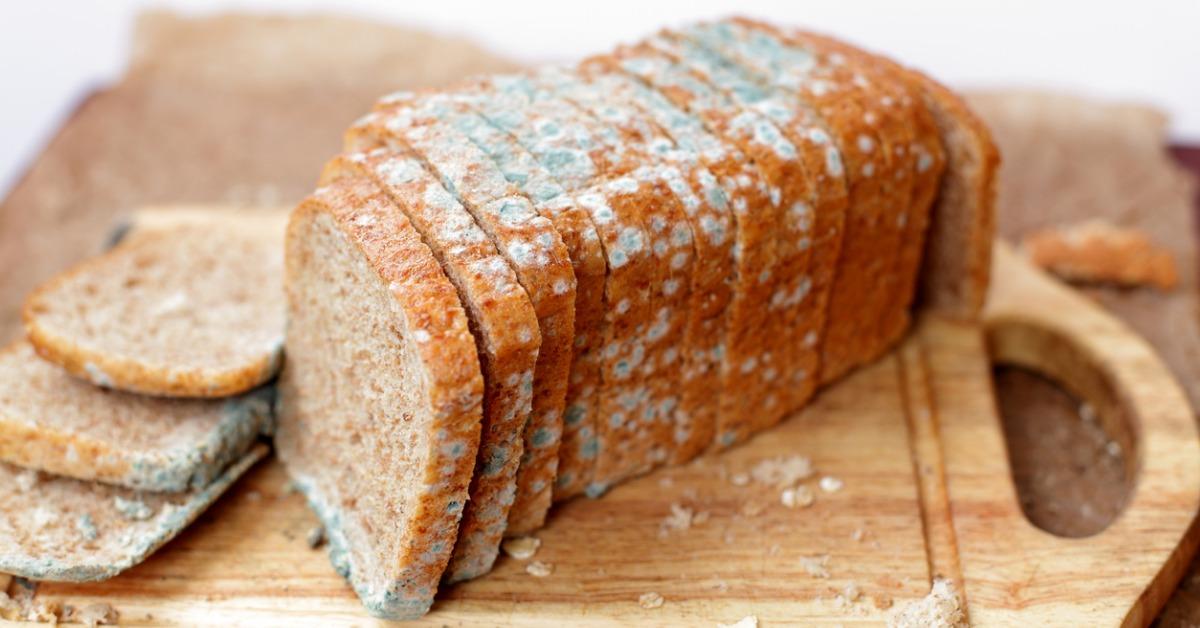
Can You Put Moldy Food in Compost?
We all know you shouldn’t eat moldy food — but can that mold adversely affect the delicate bacteria in your compost pile?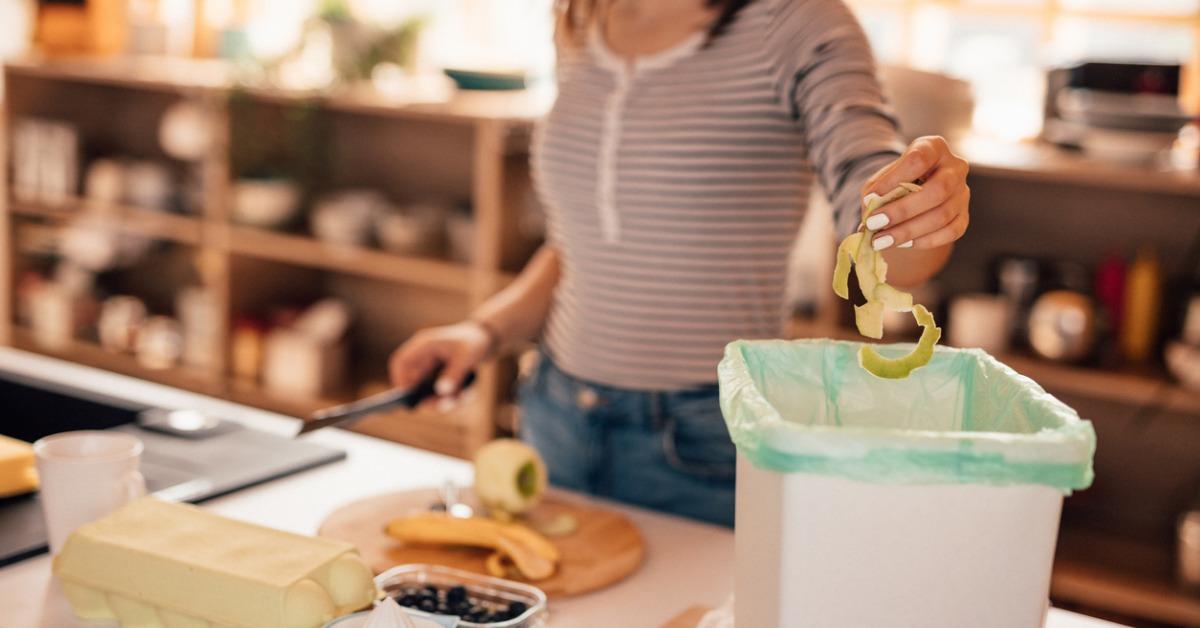
How to Build a DIY Indoor Compost Bin
Building your own DIY indoor compost bin is as easy as following a few simple steps and knowing how to balance your compostable materials.
Biodegradable vs. Compostable: What’s the Difference?
The terms biodegradable and compostable are not always as interchangeable as people might believe, but what do these words really mean and what’s the difference between them?